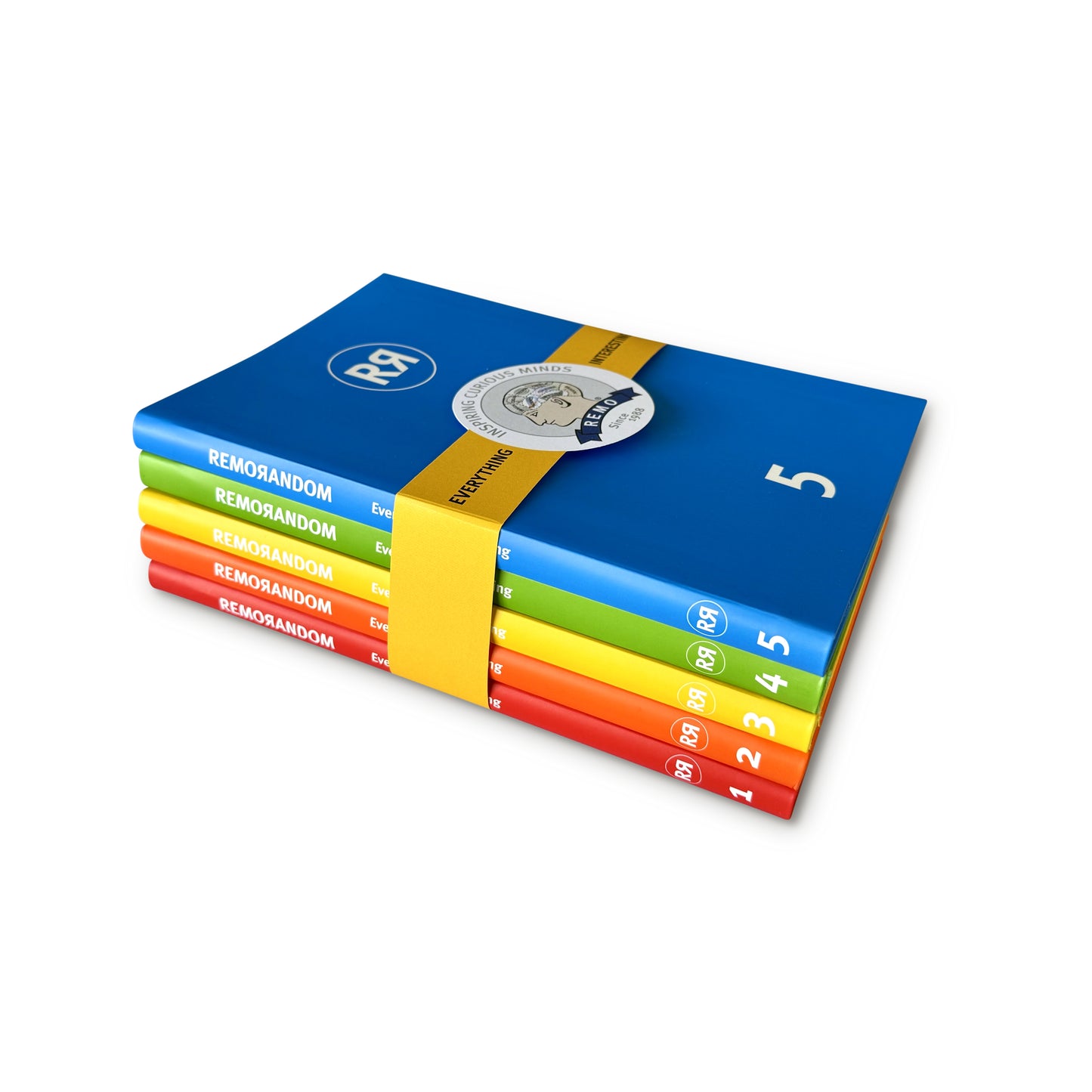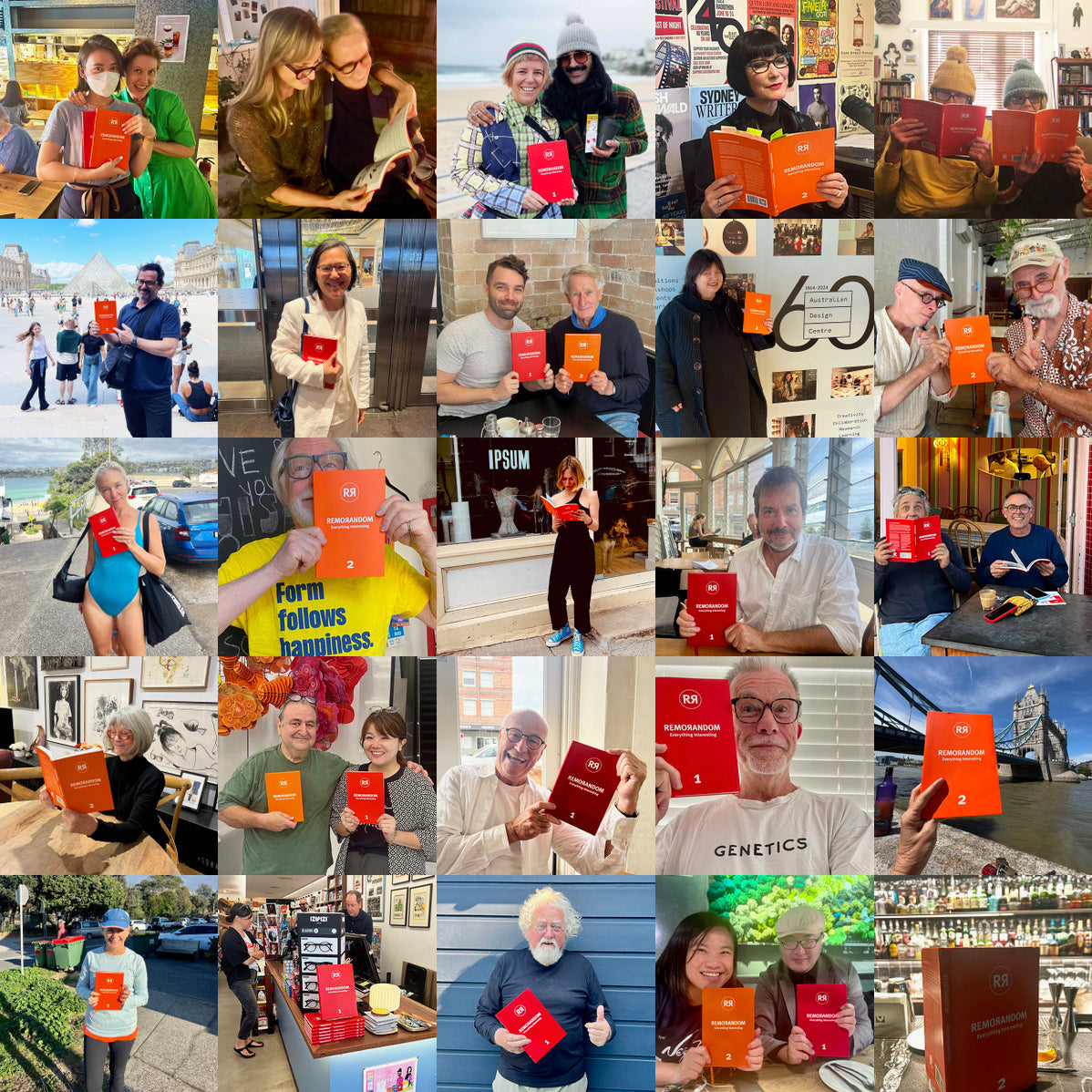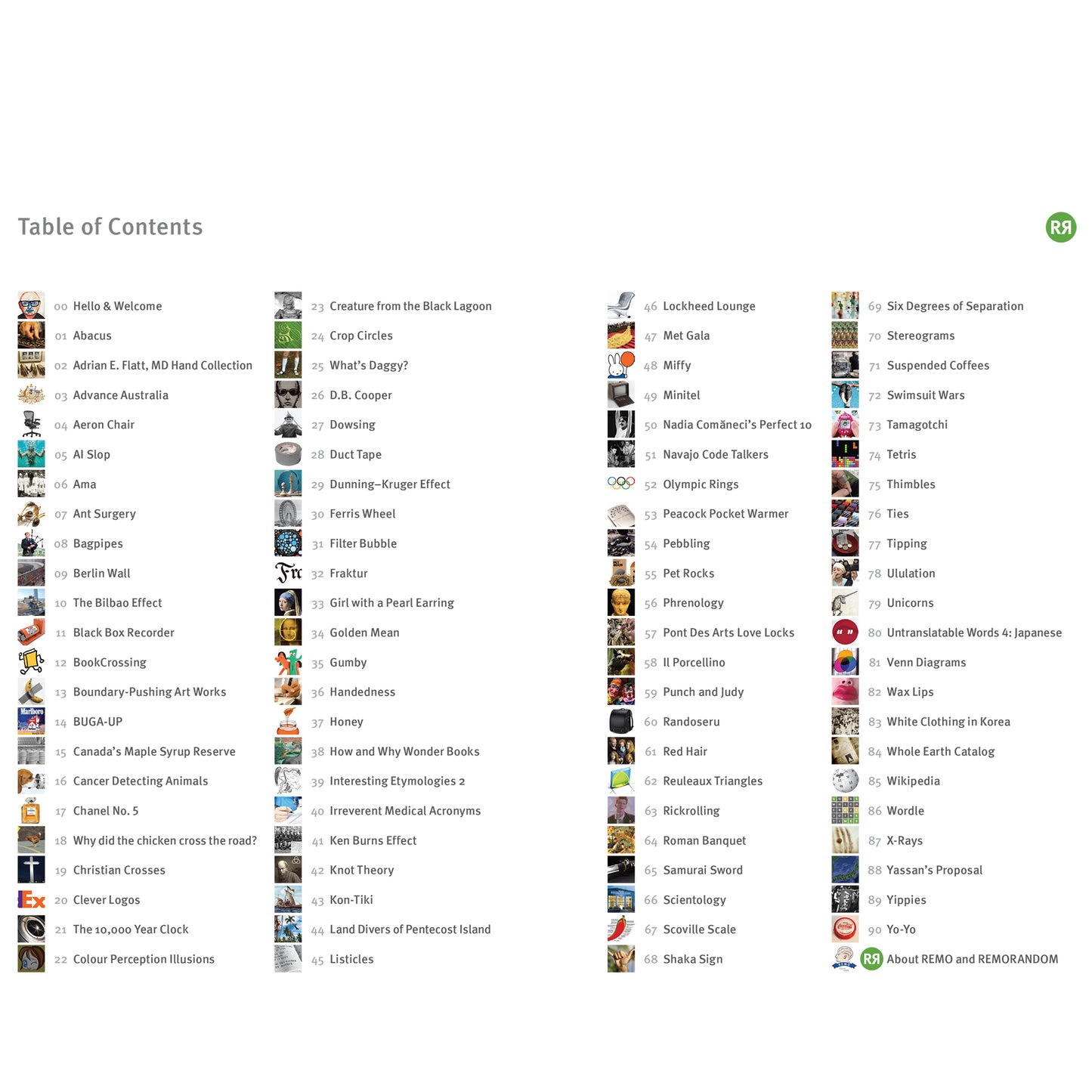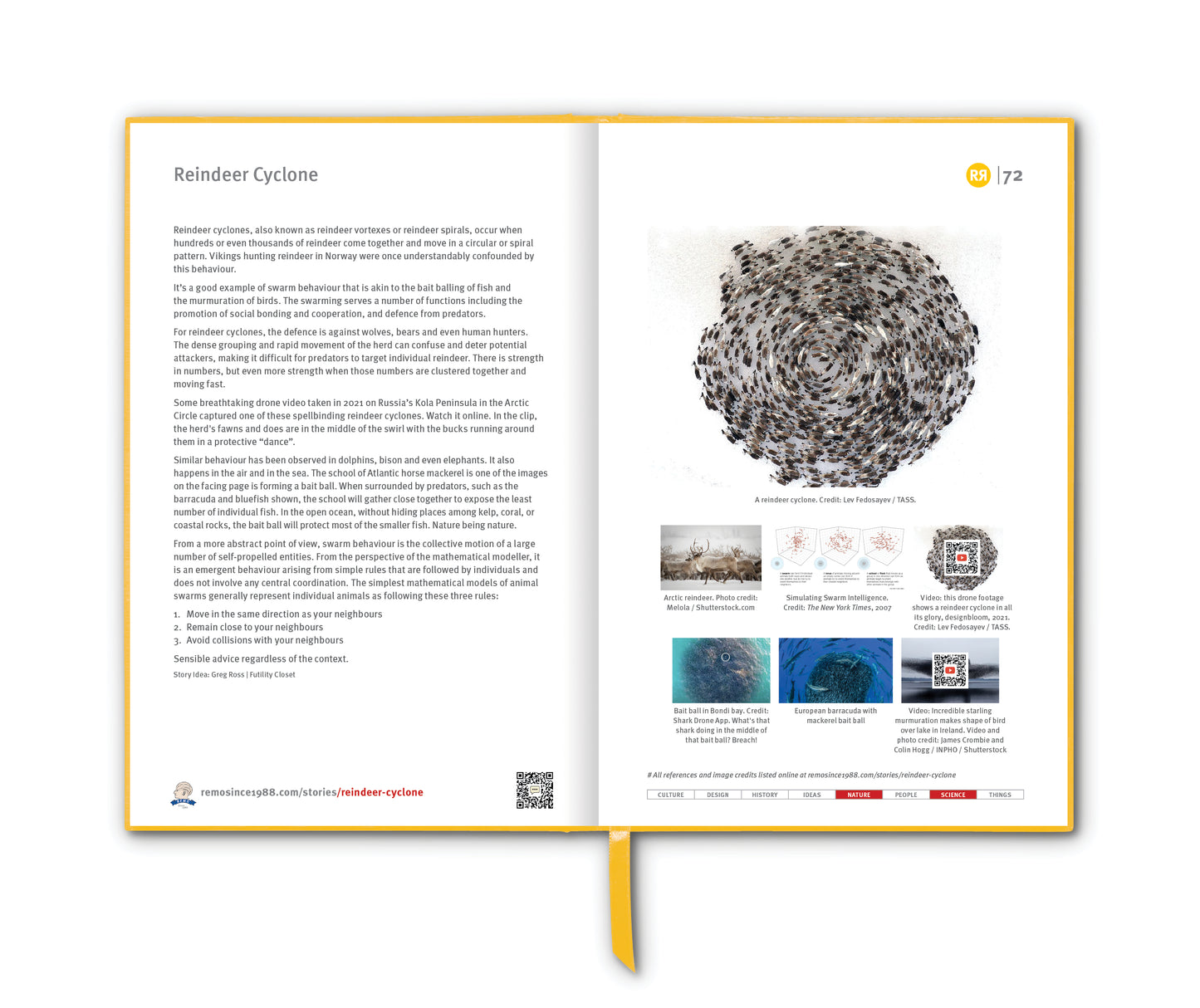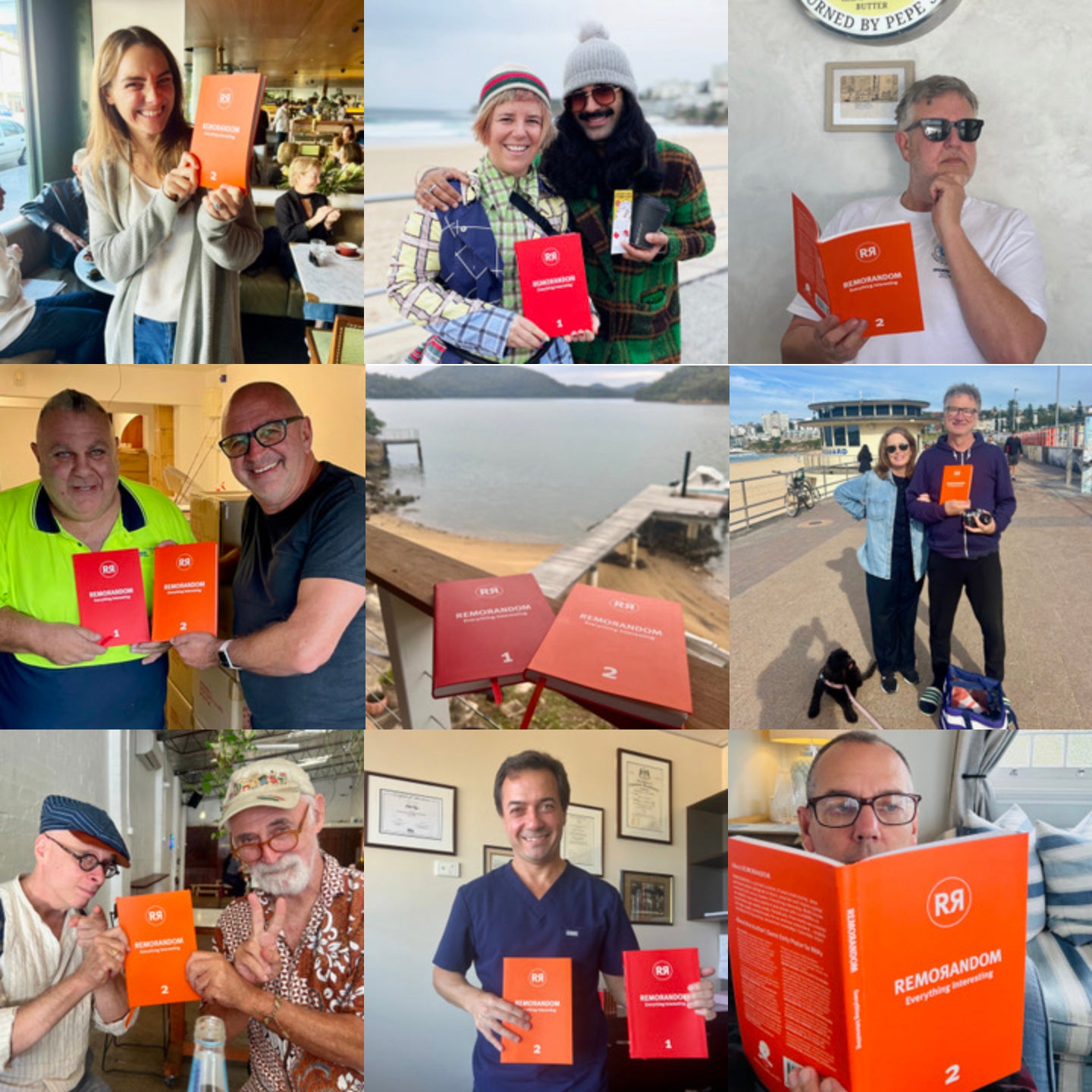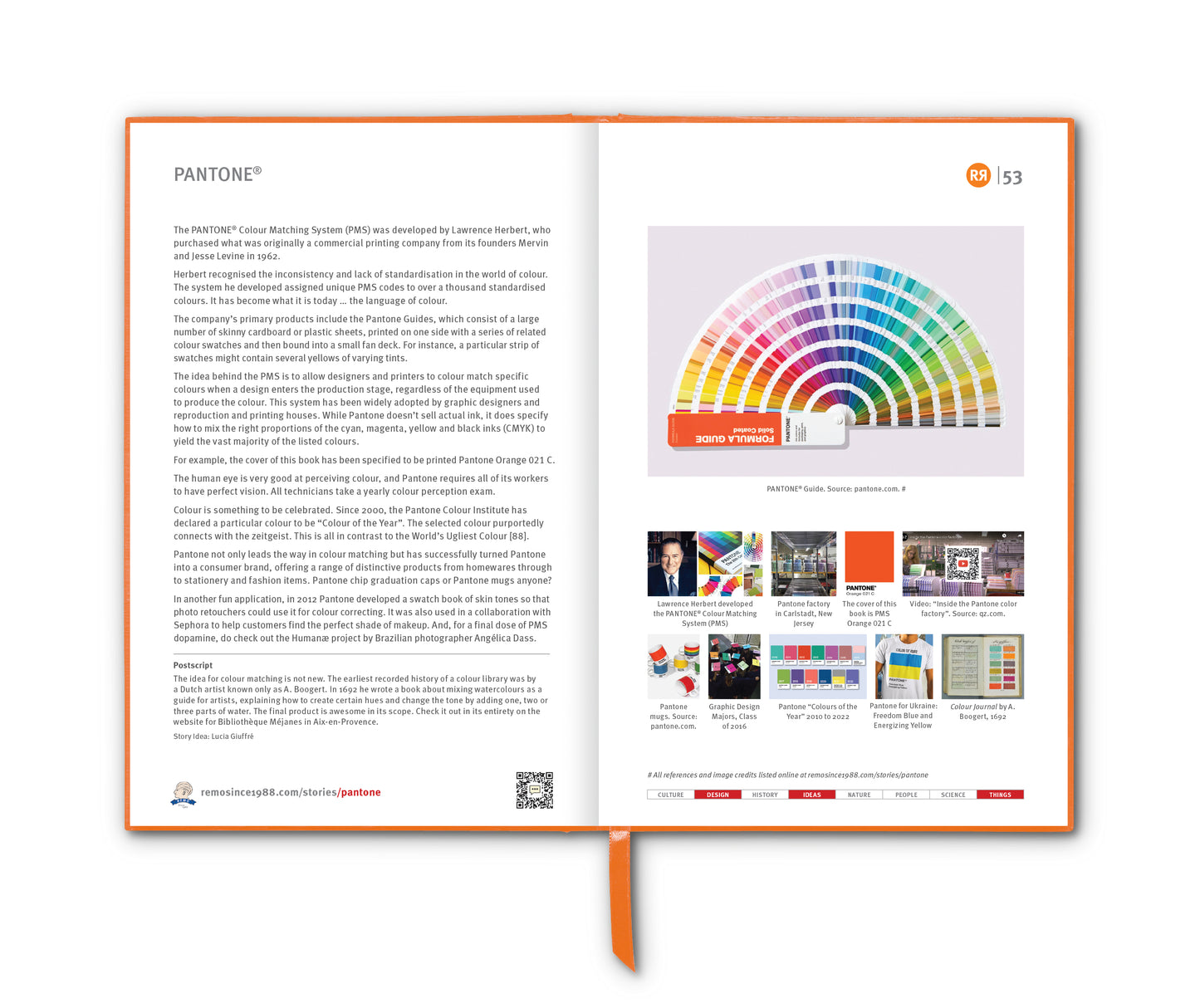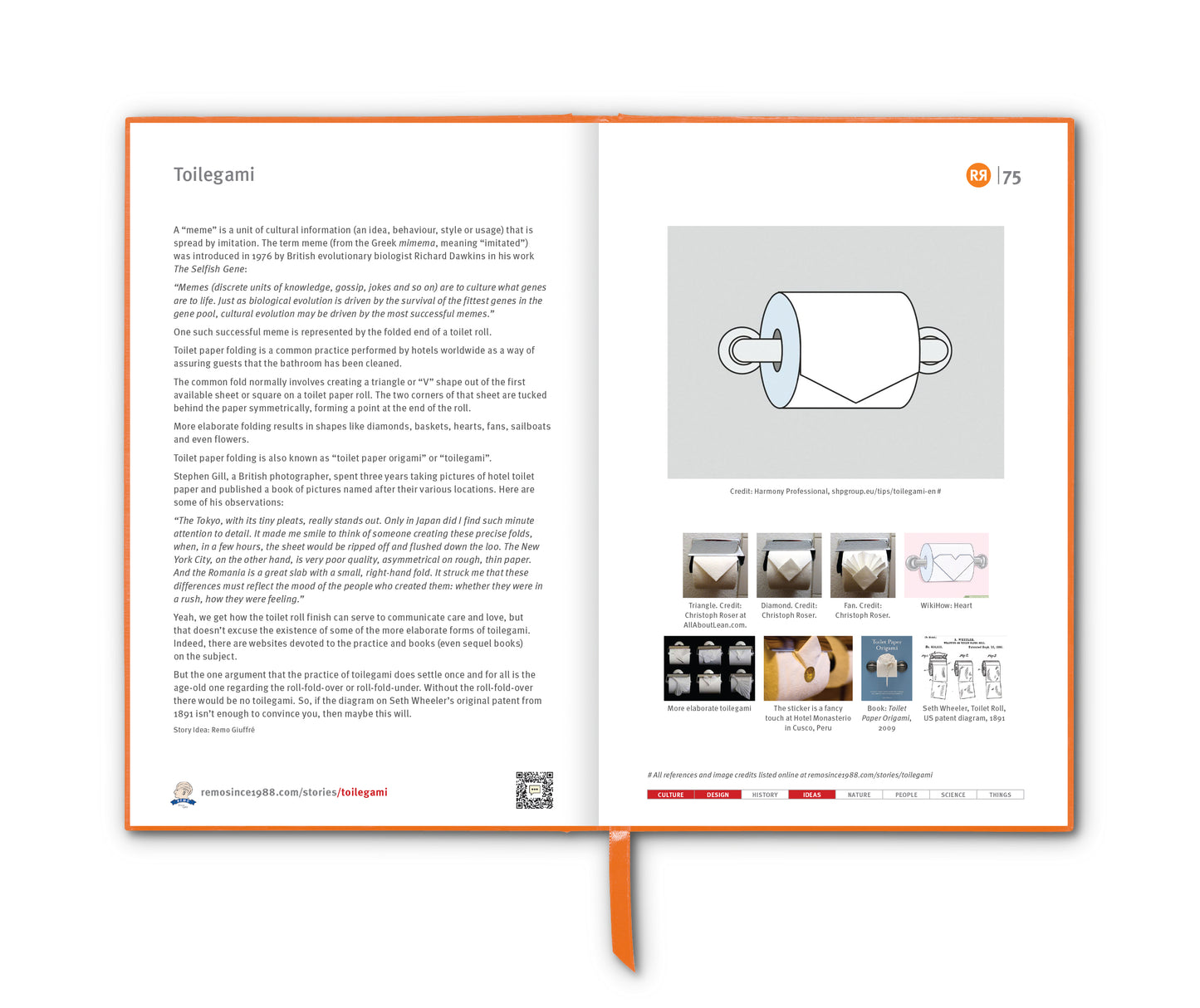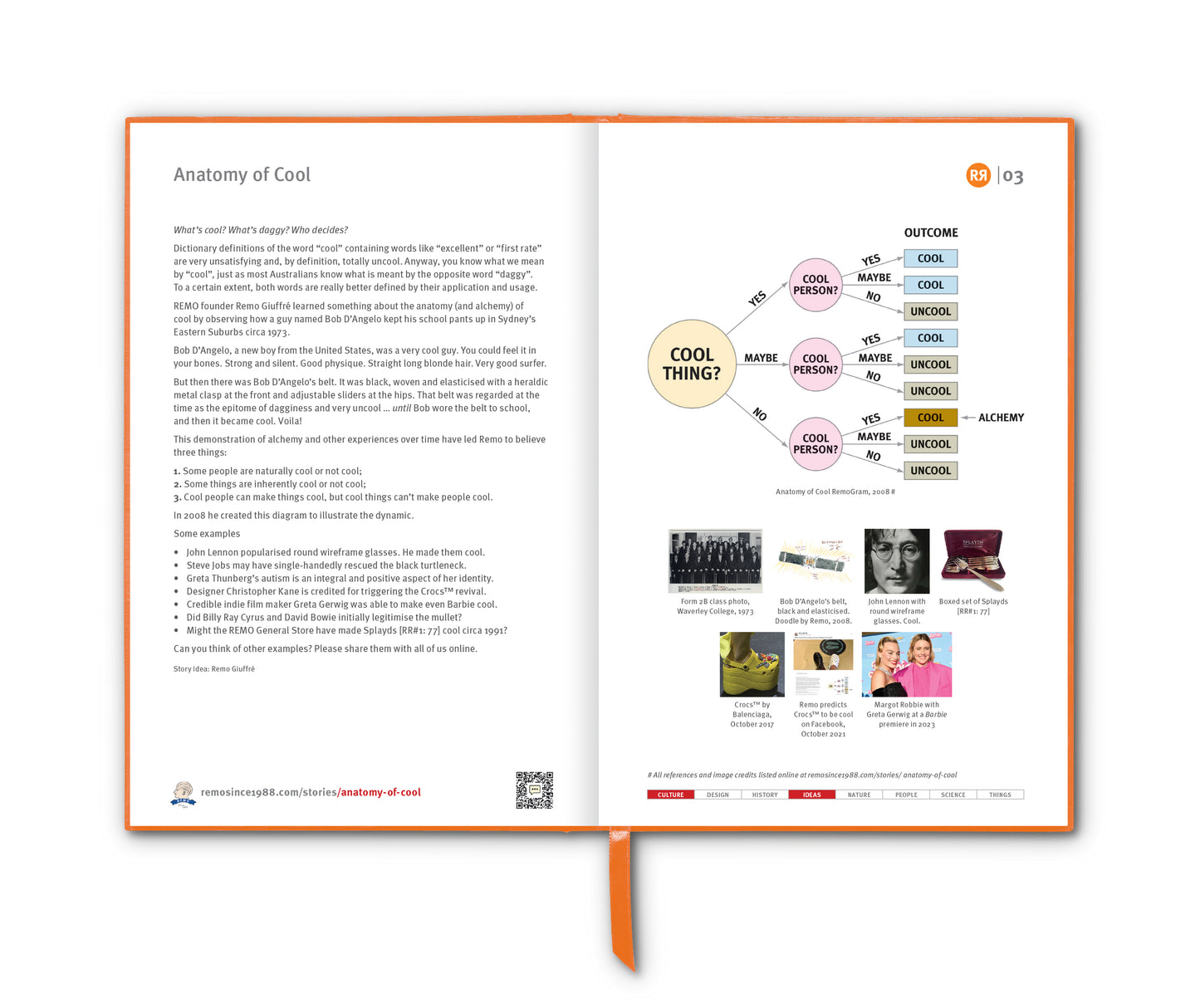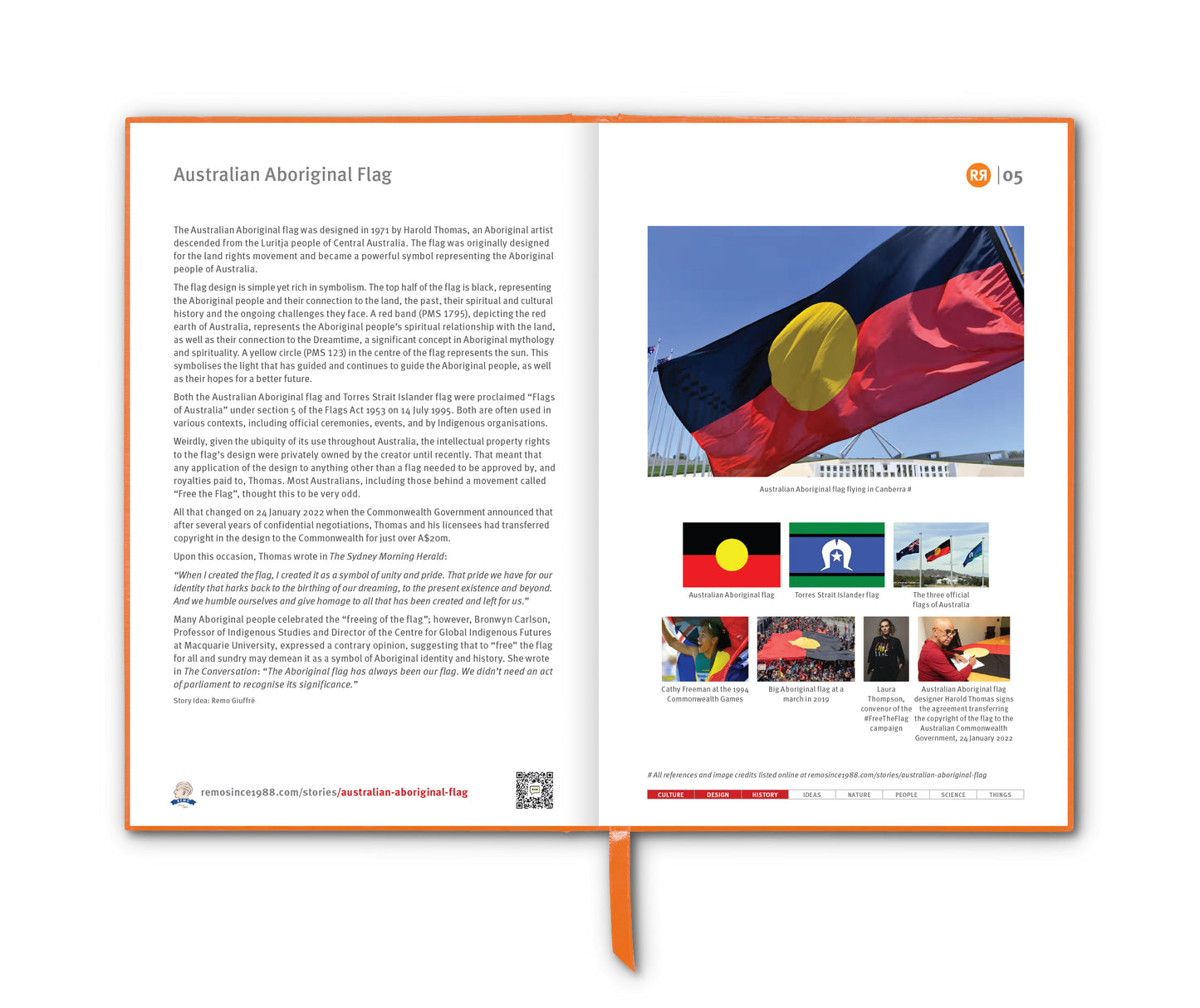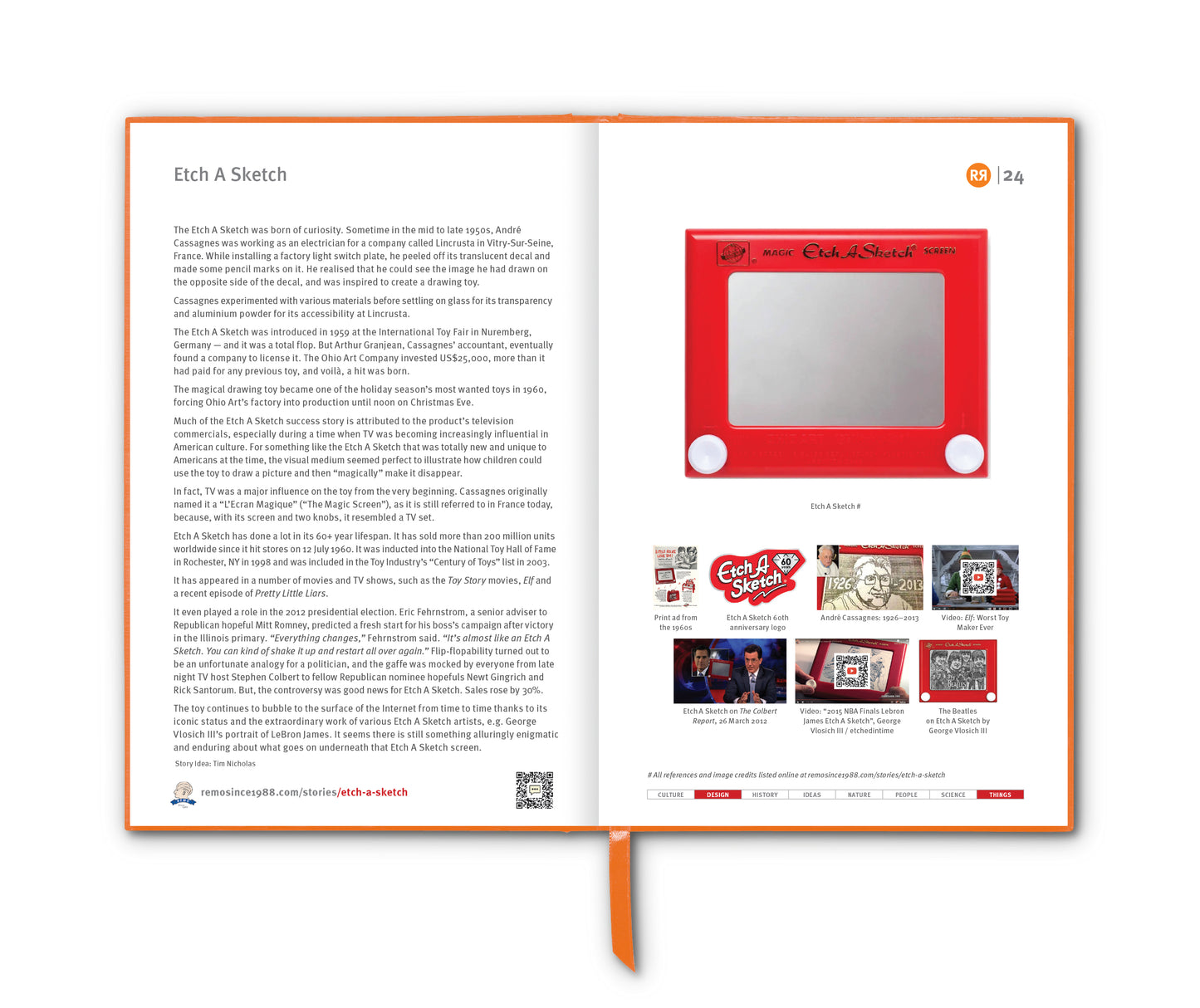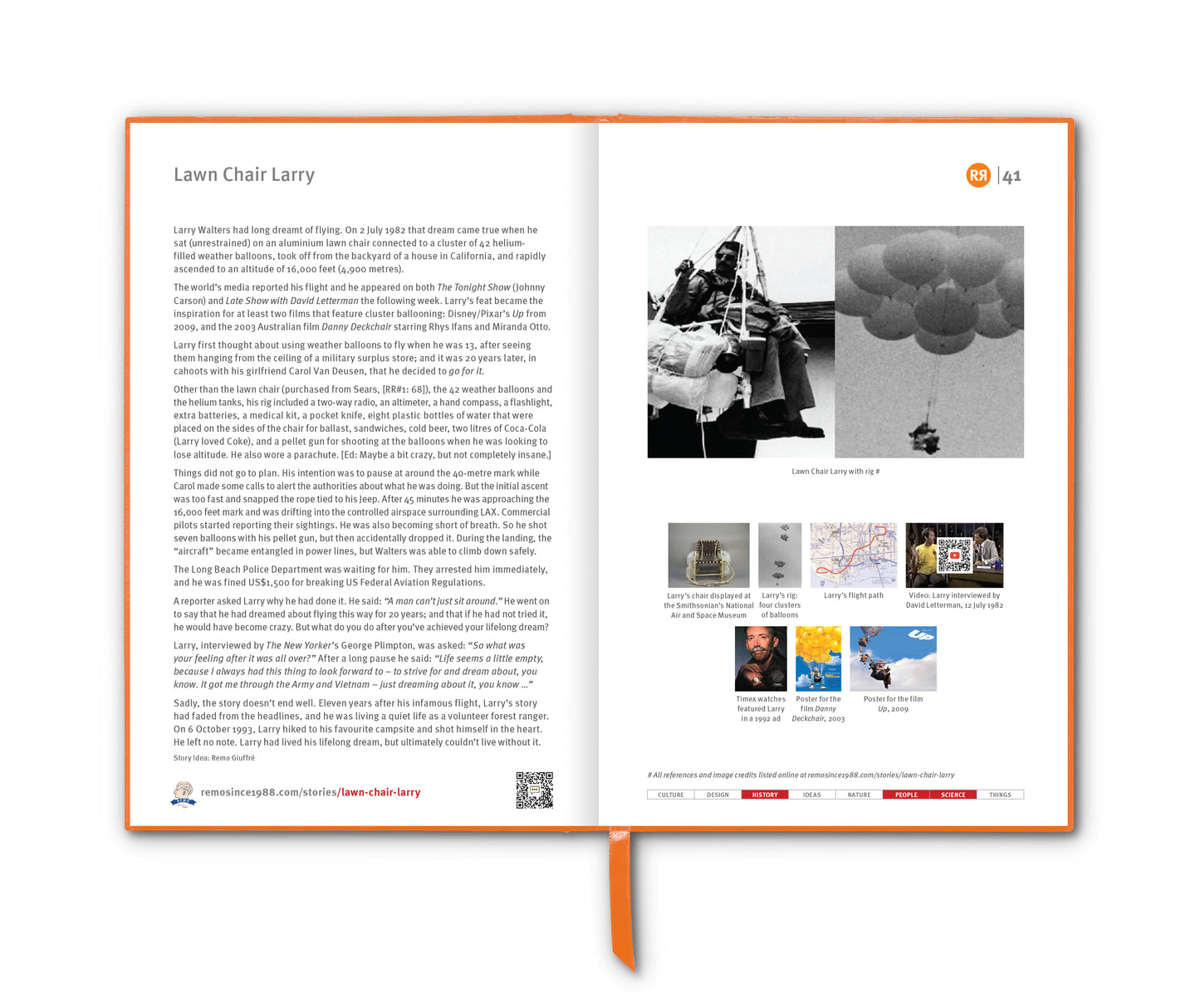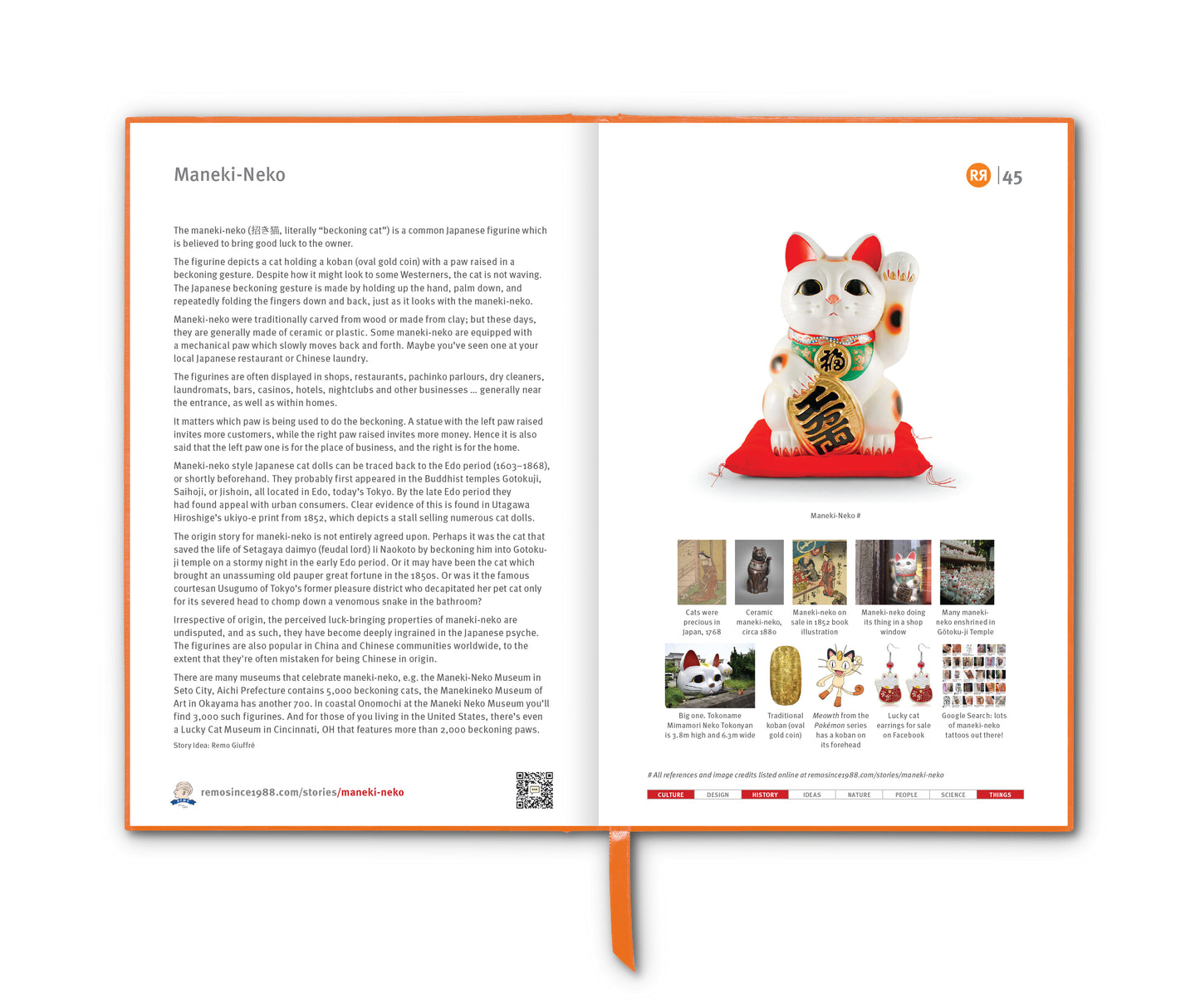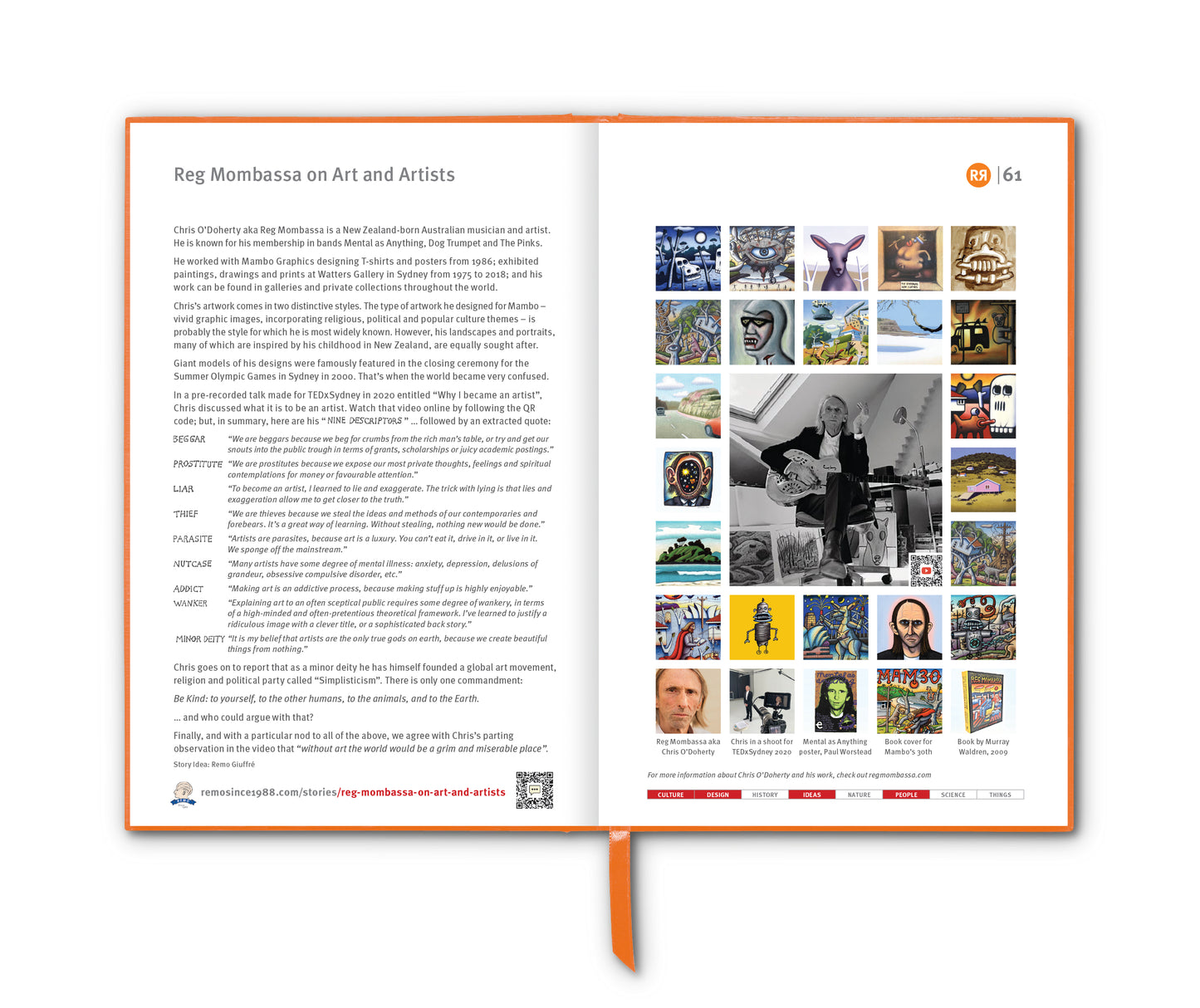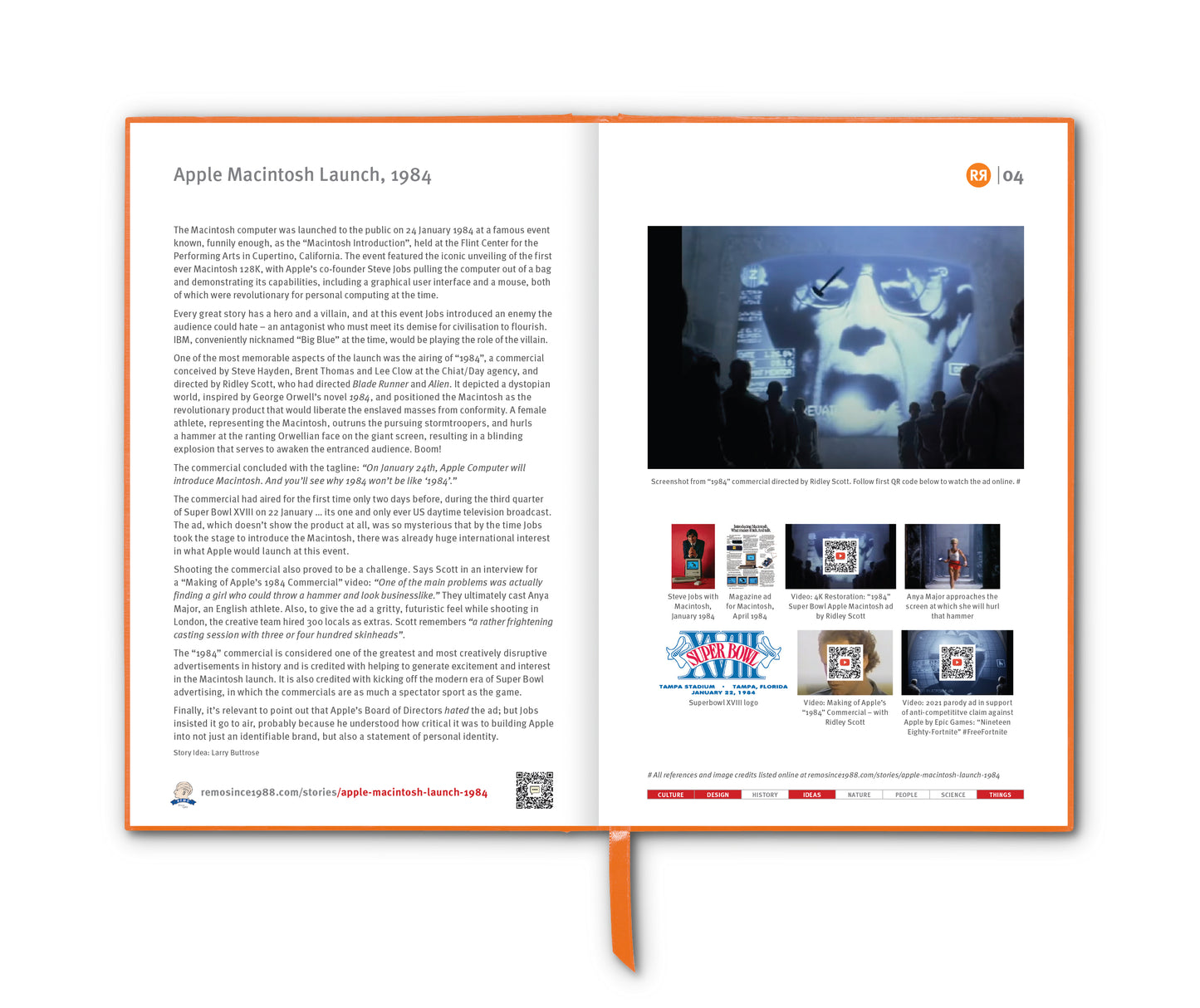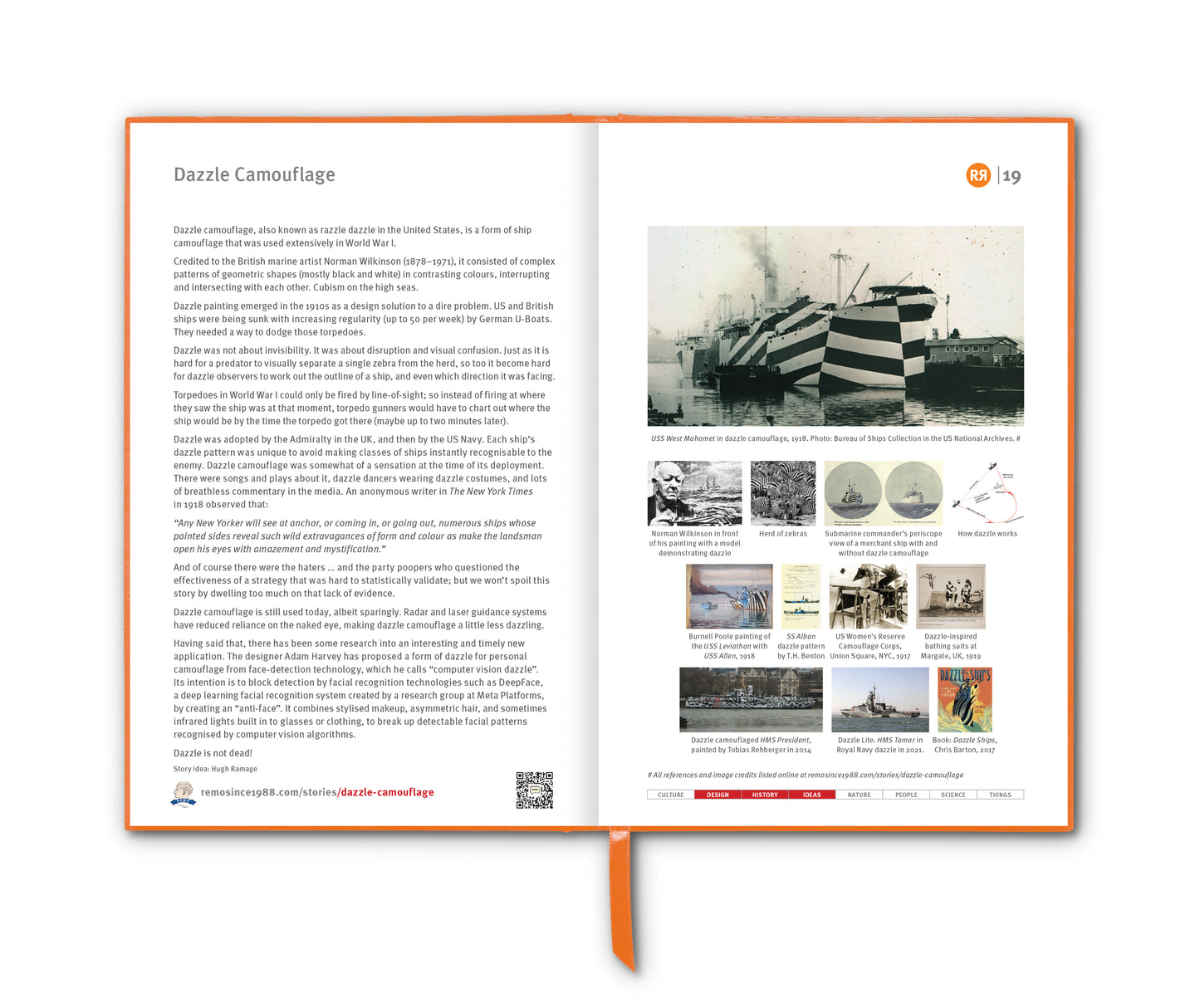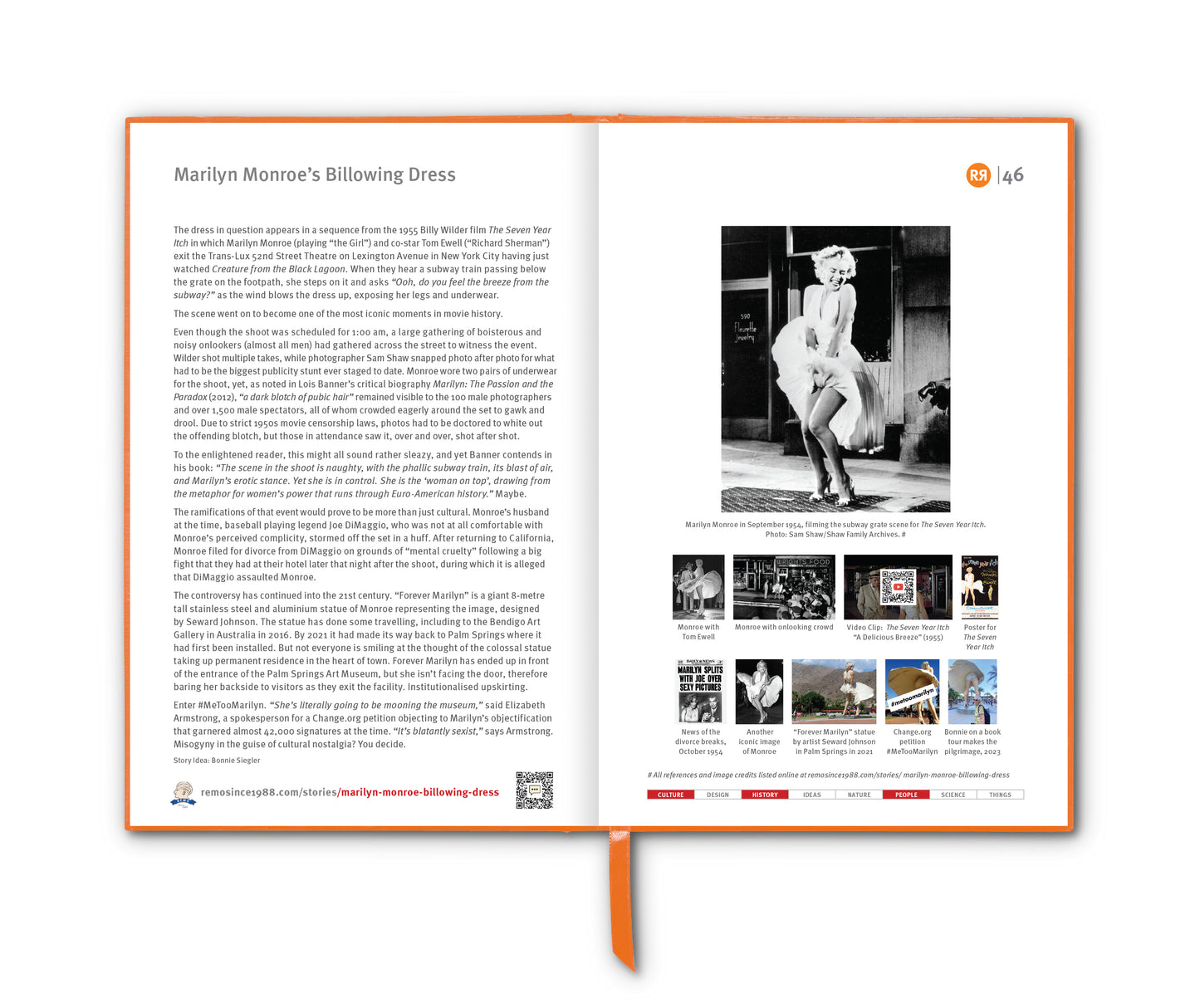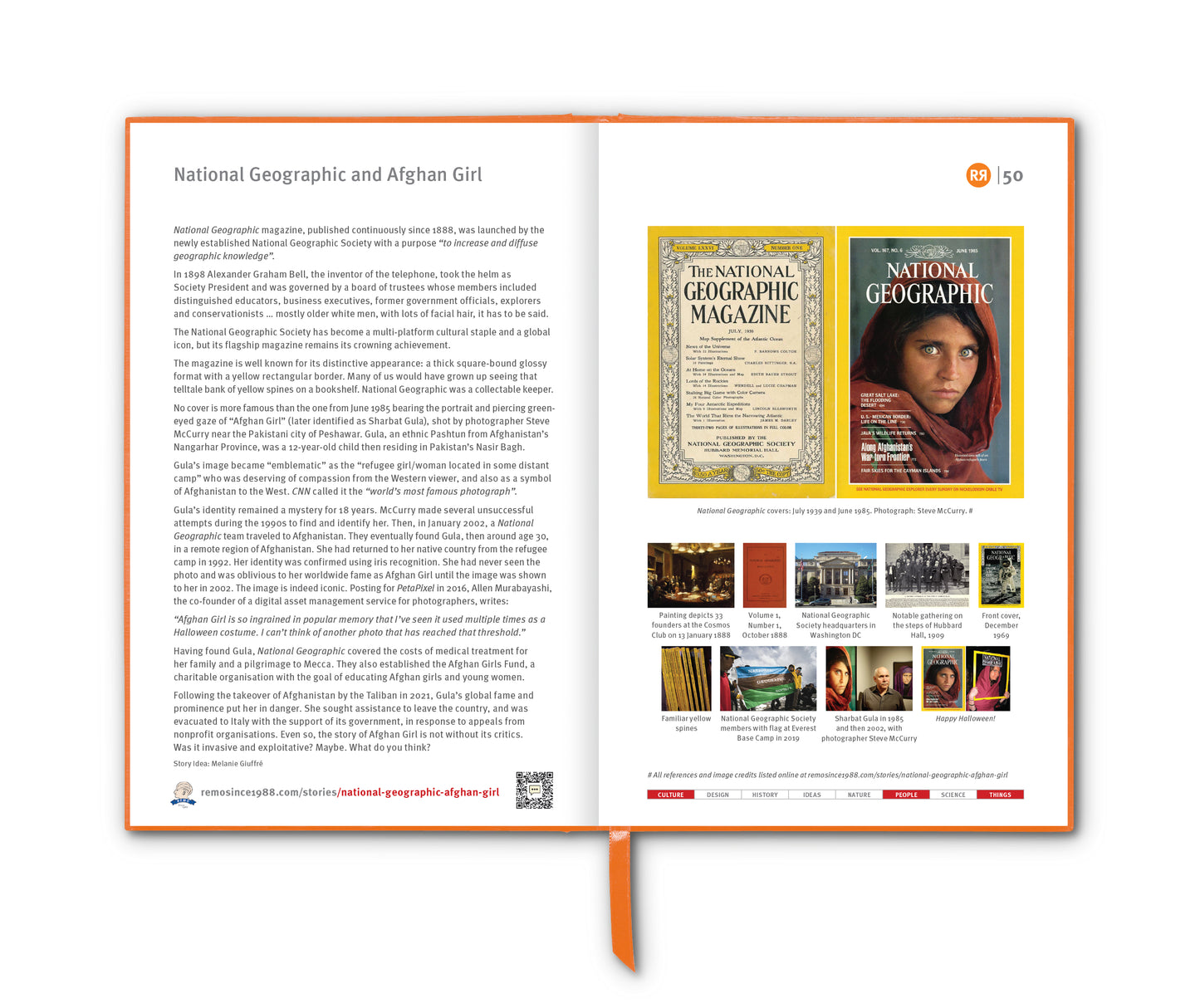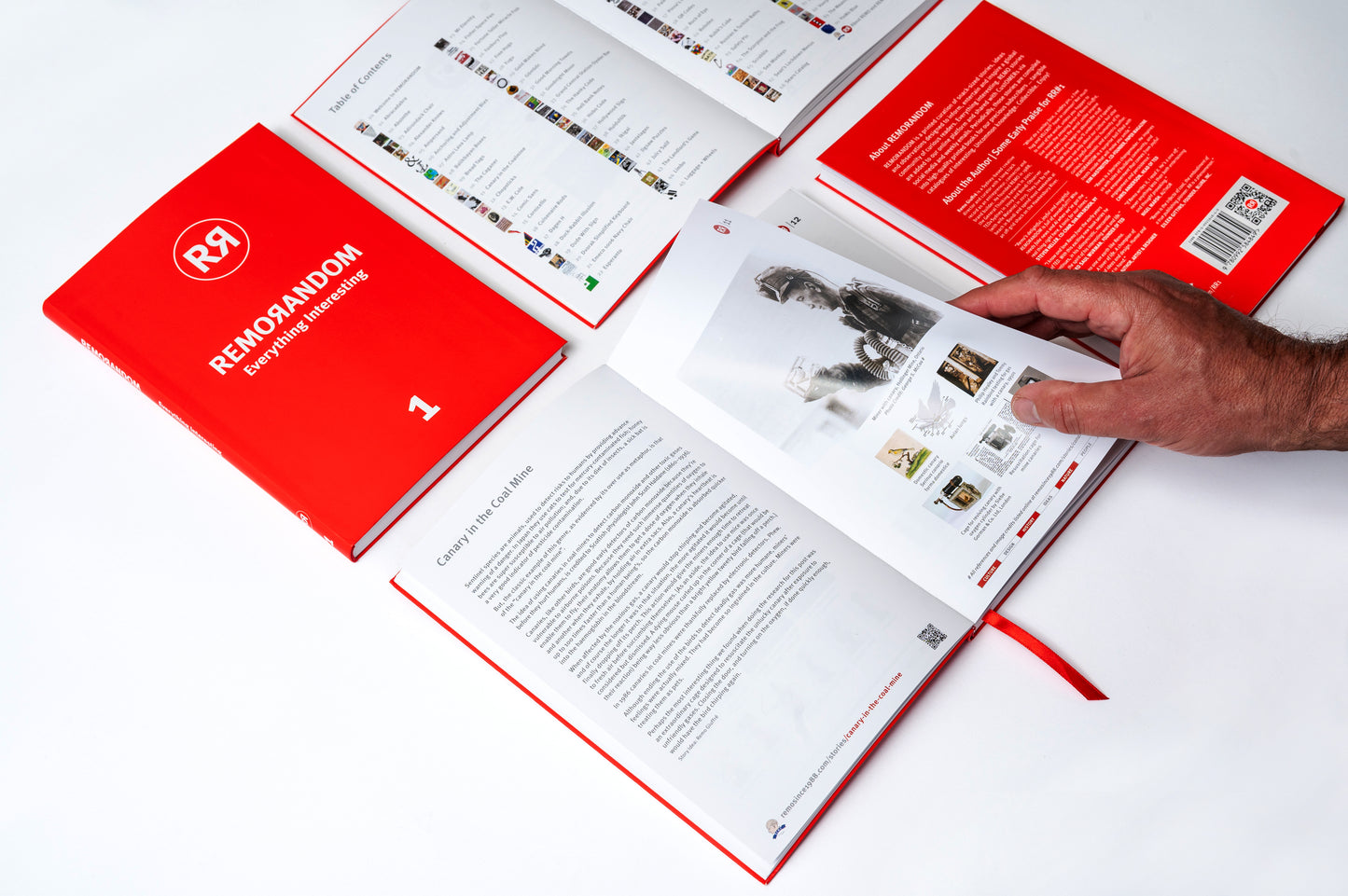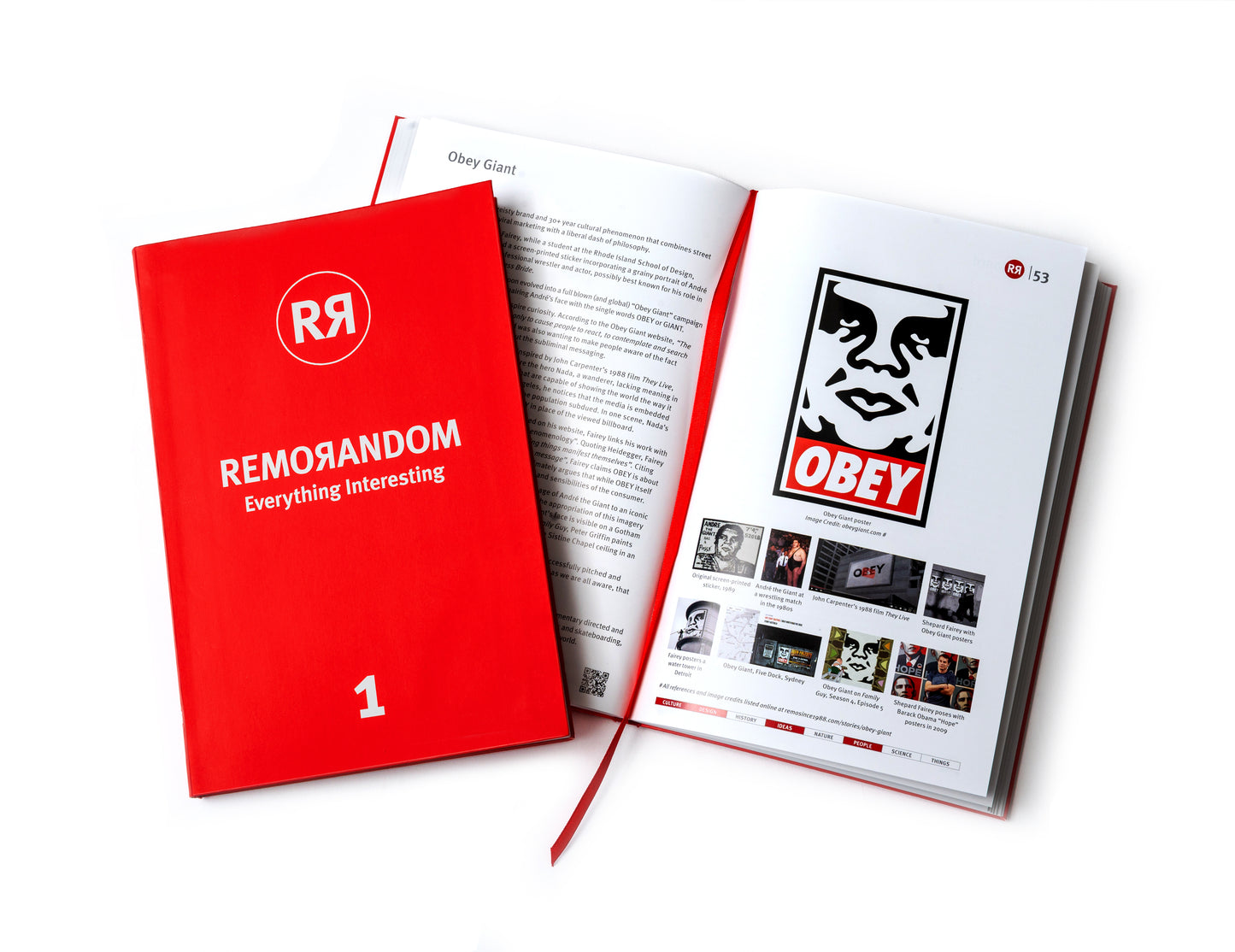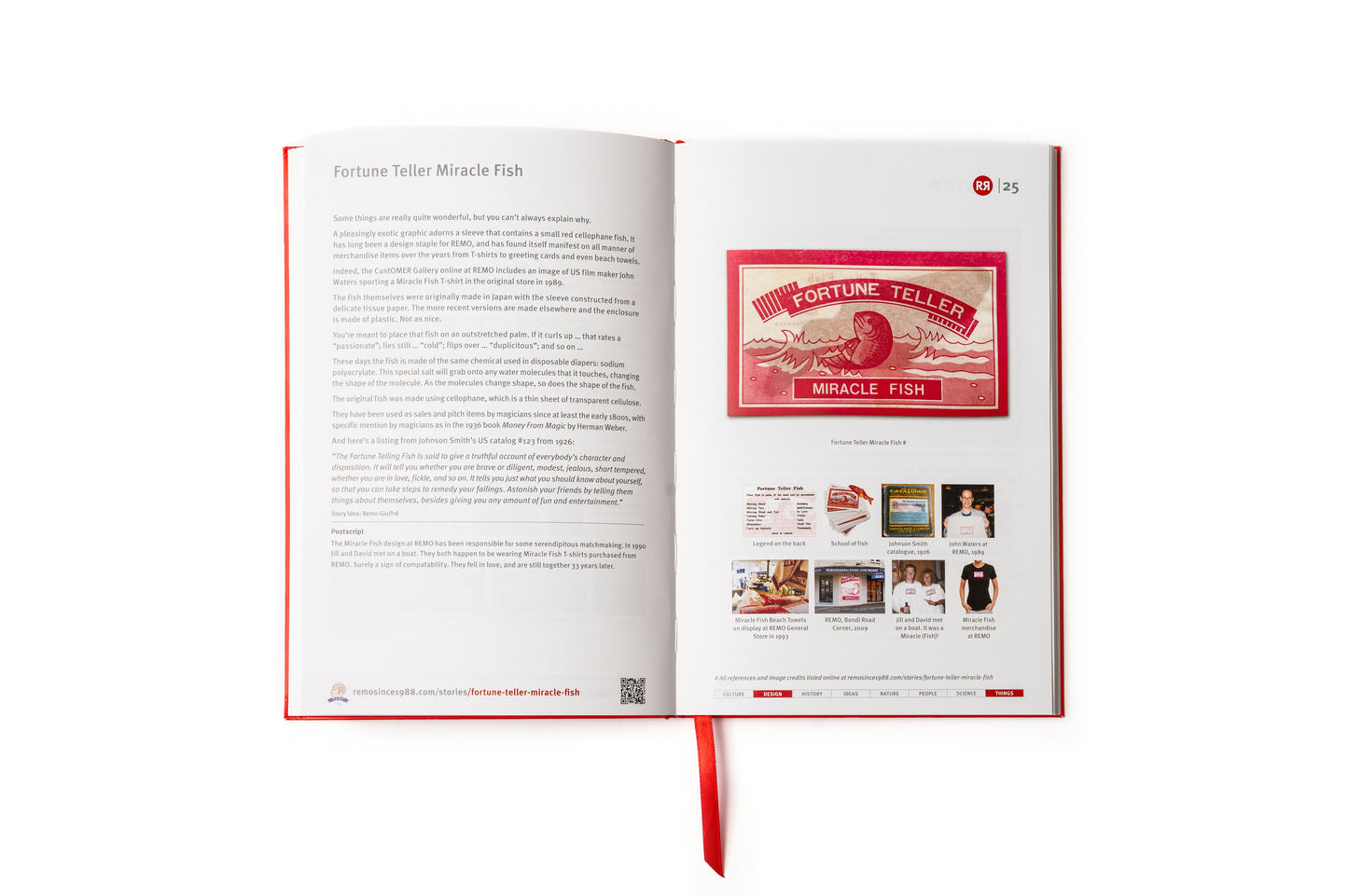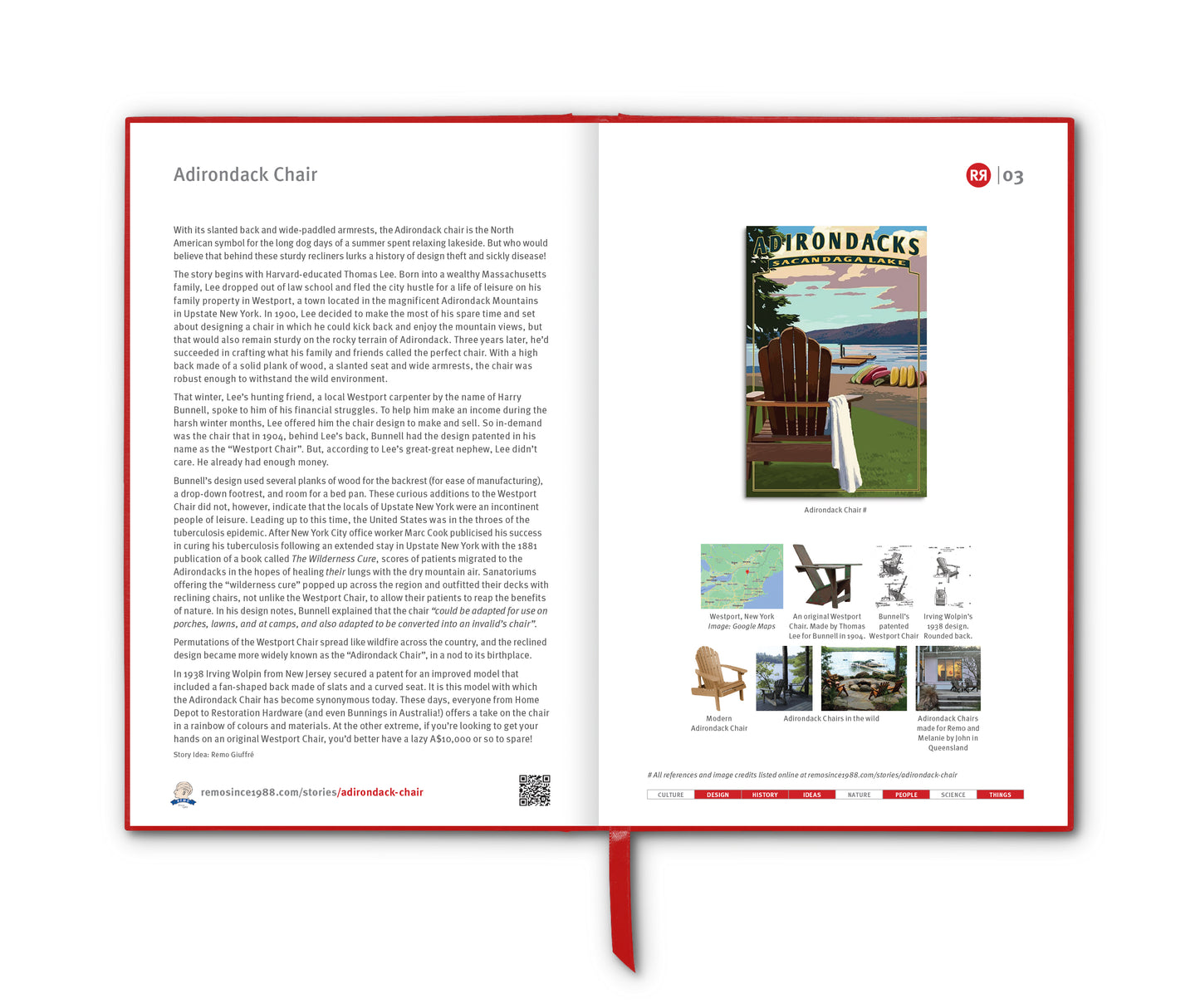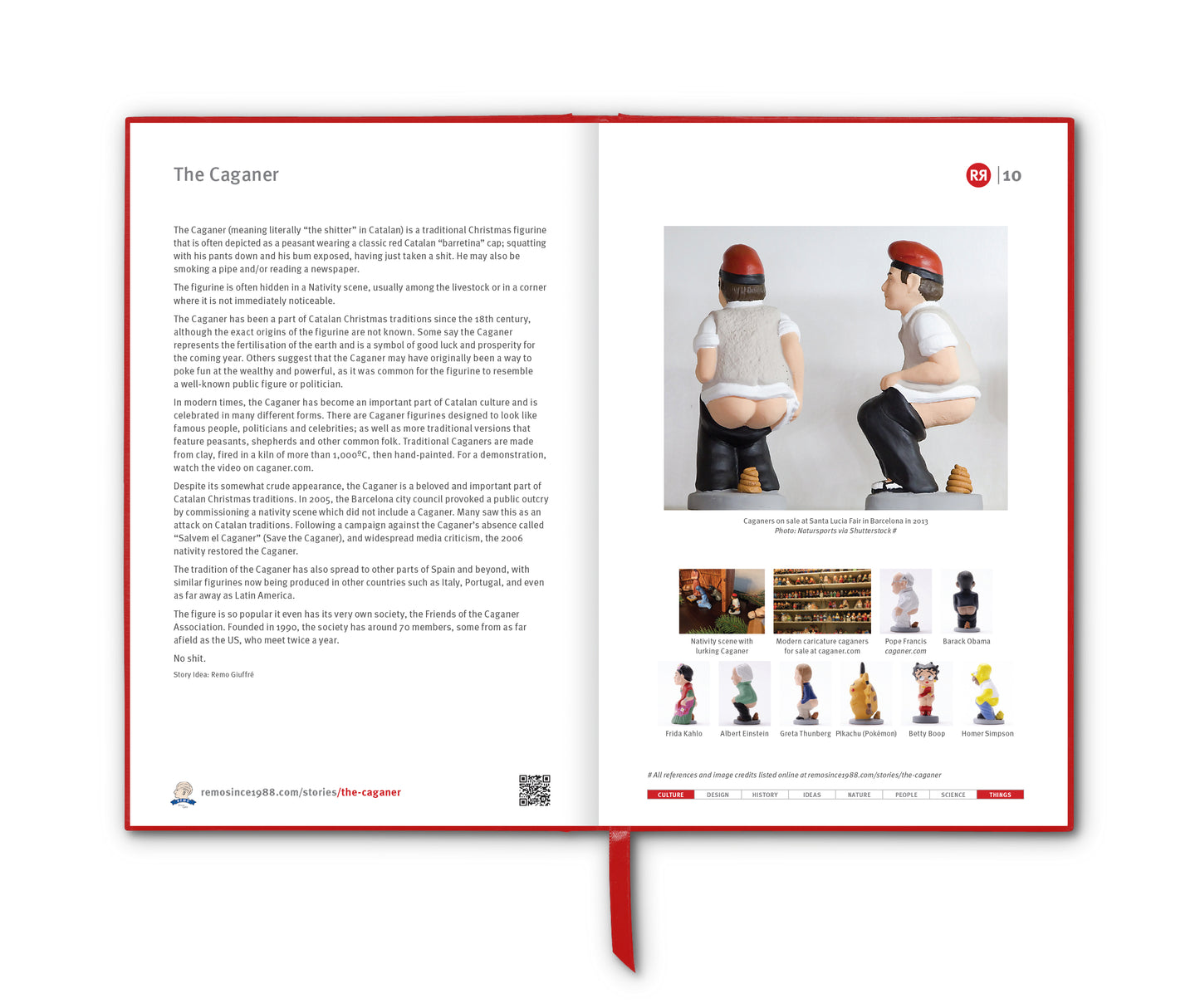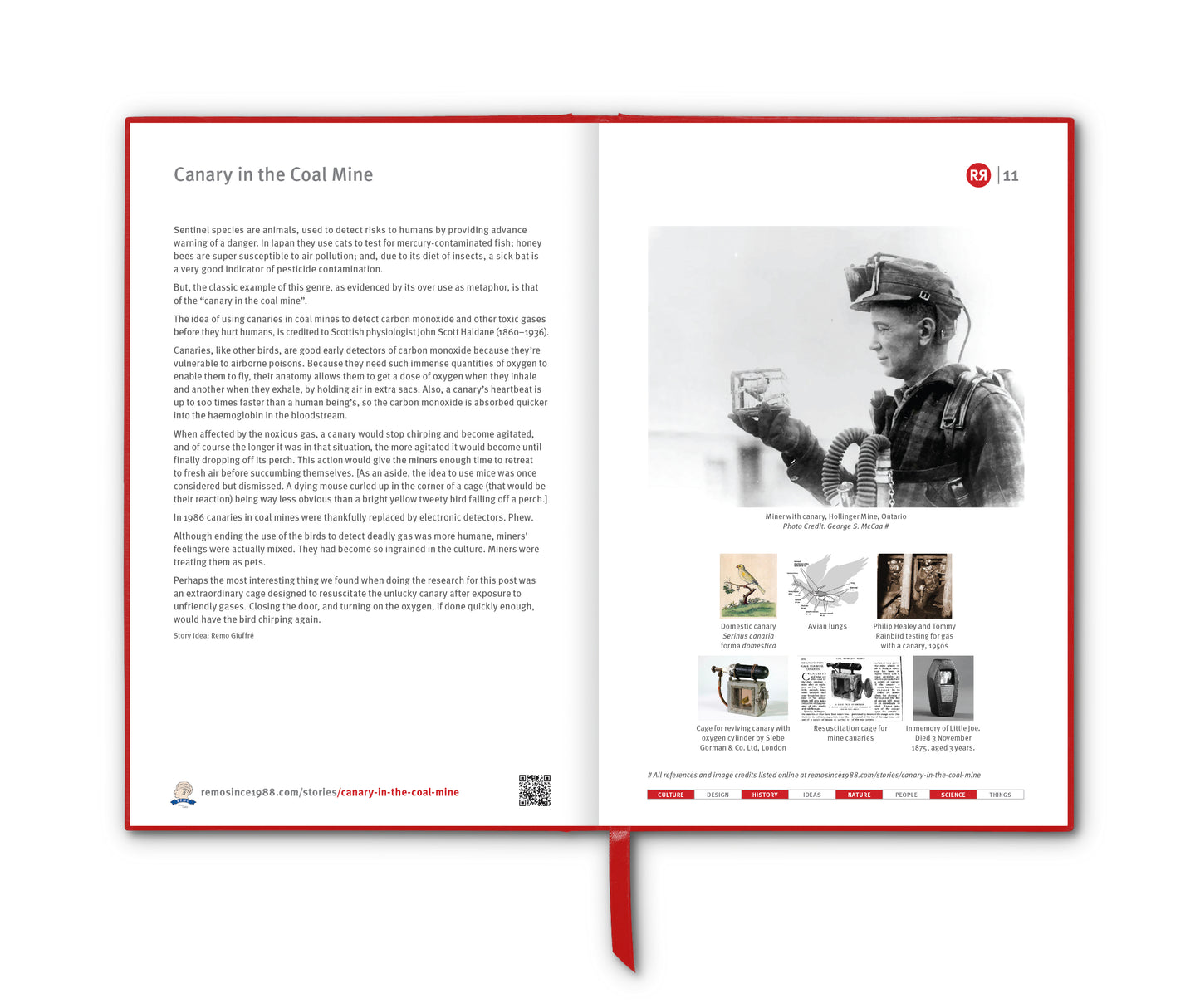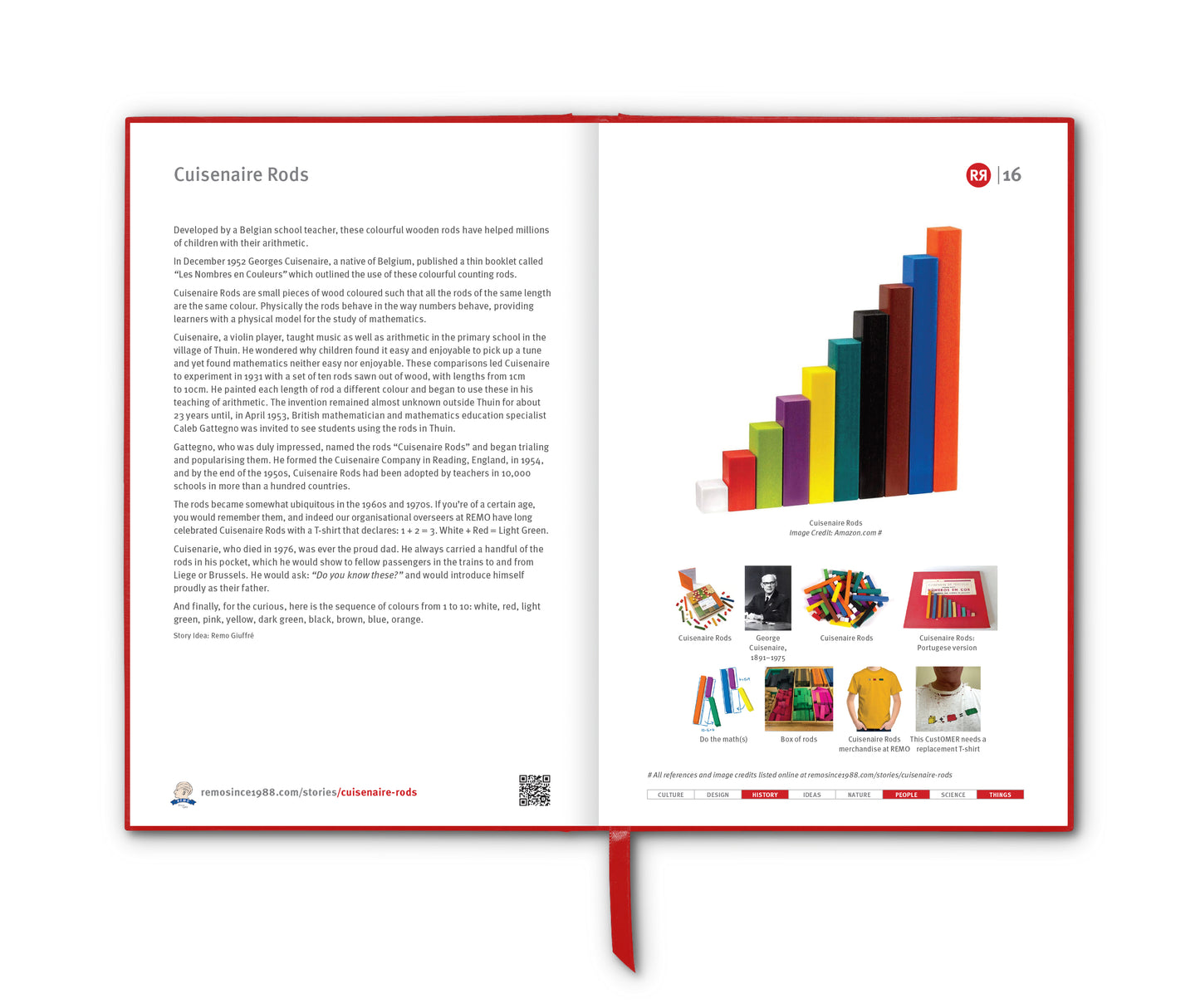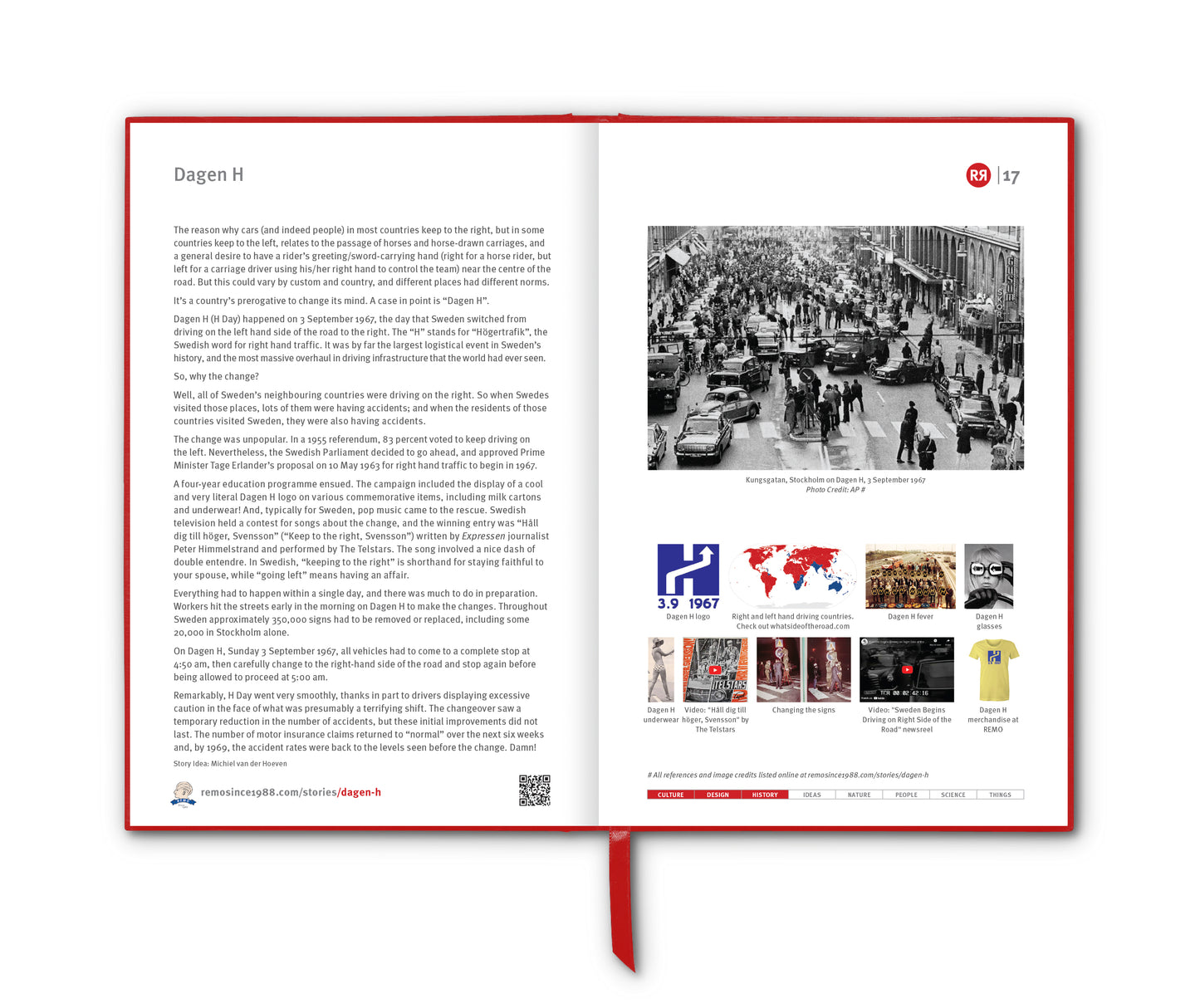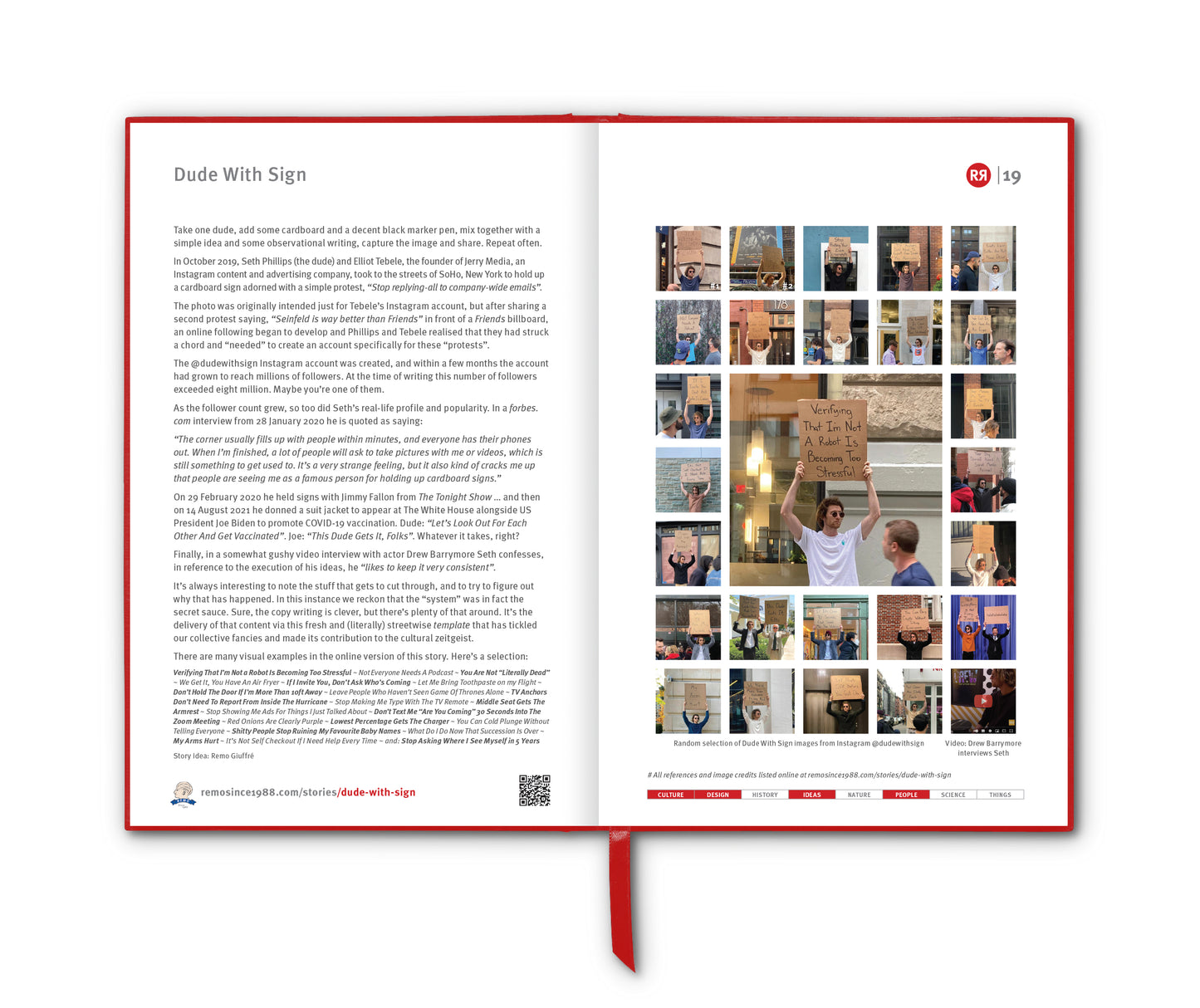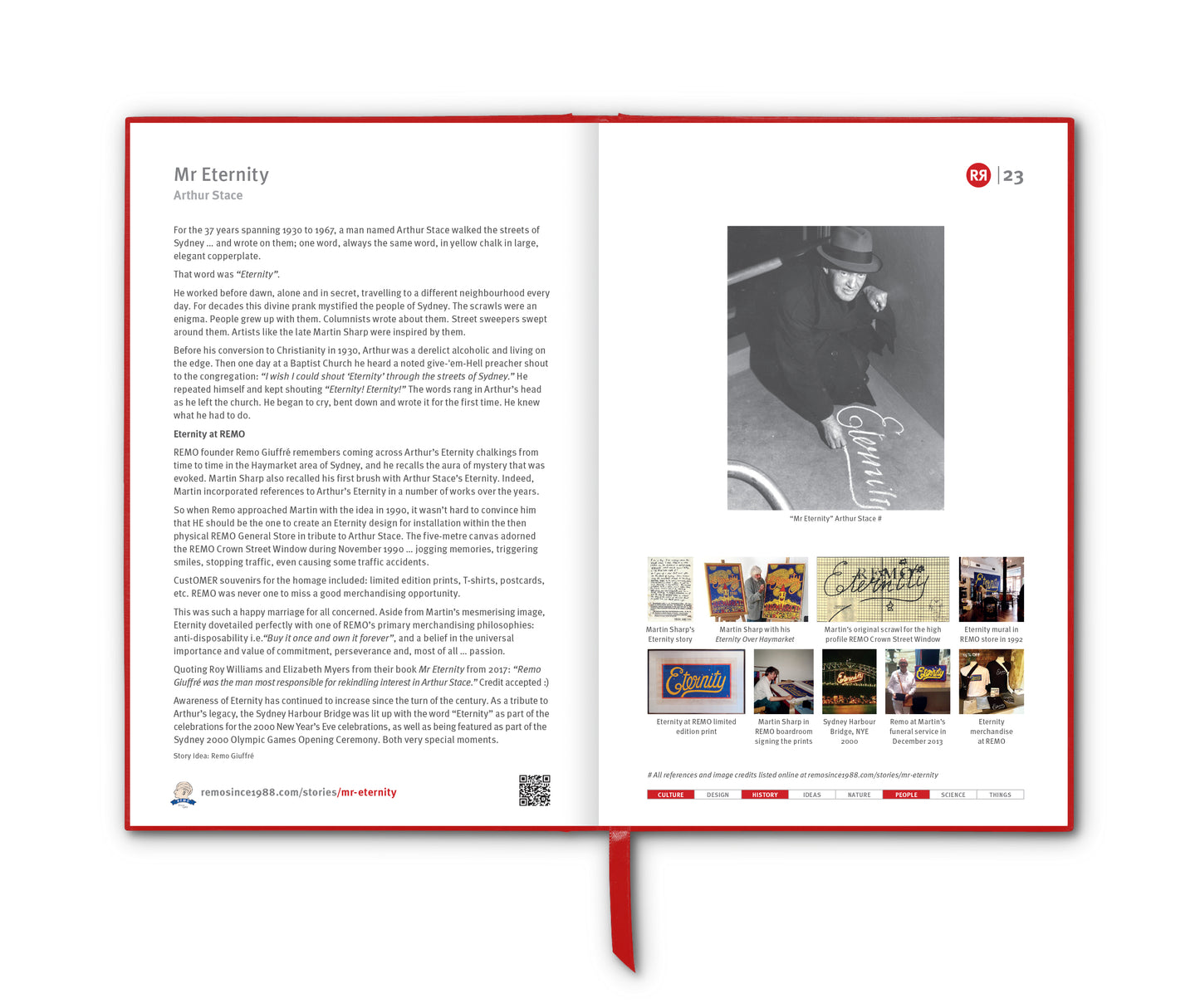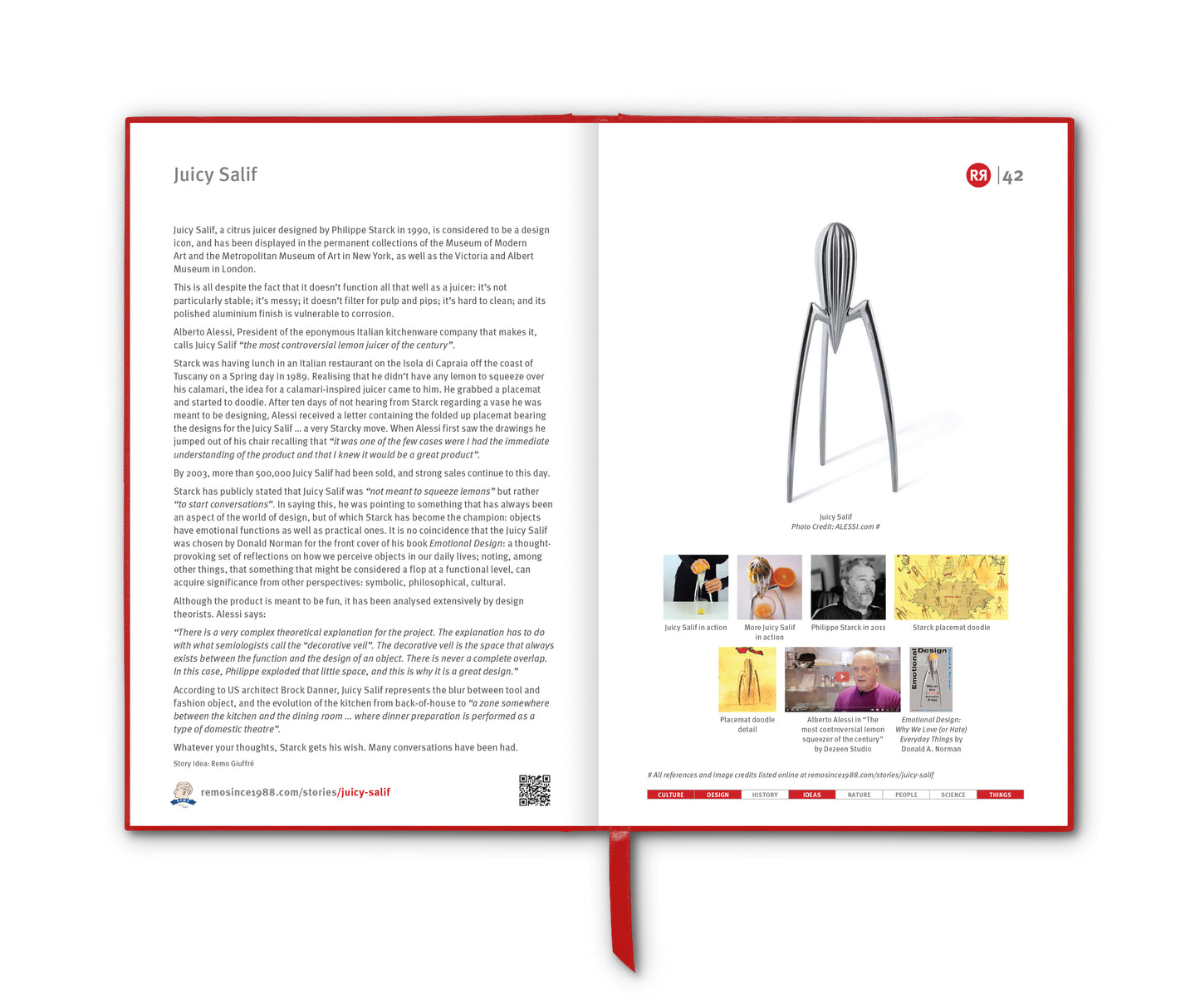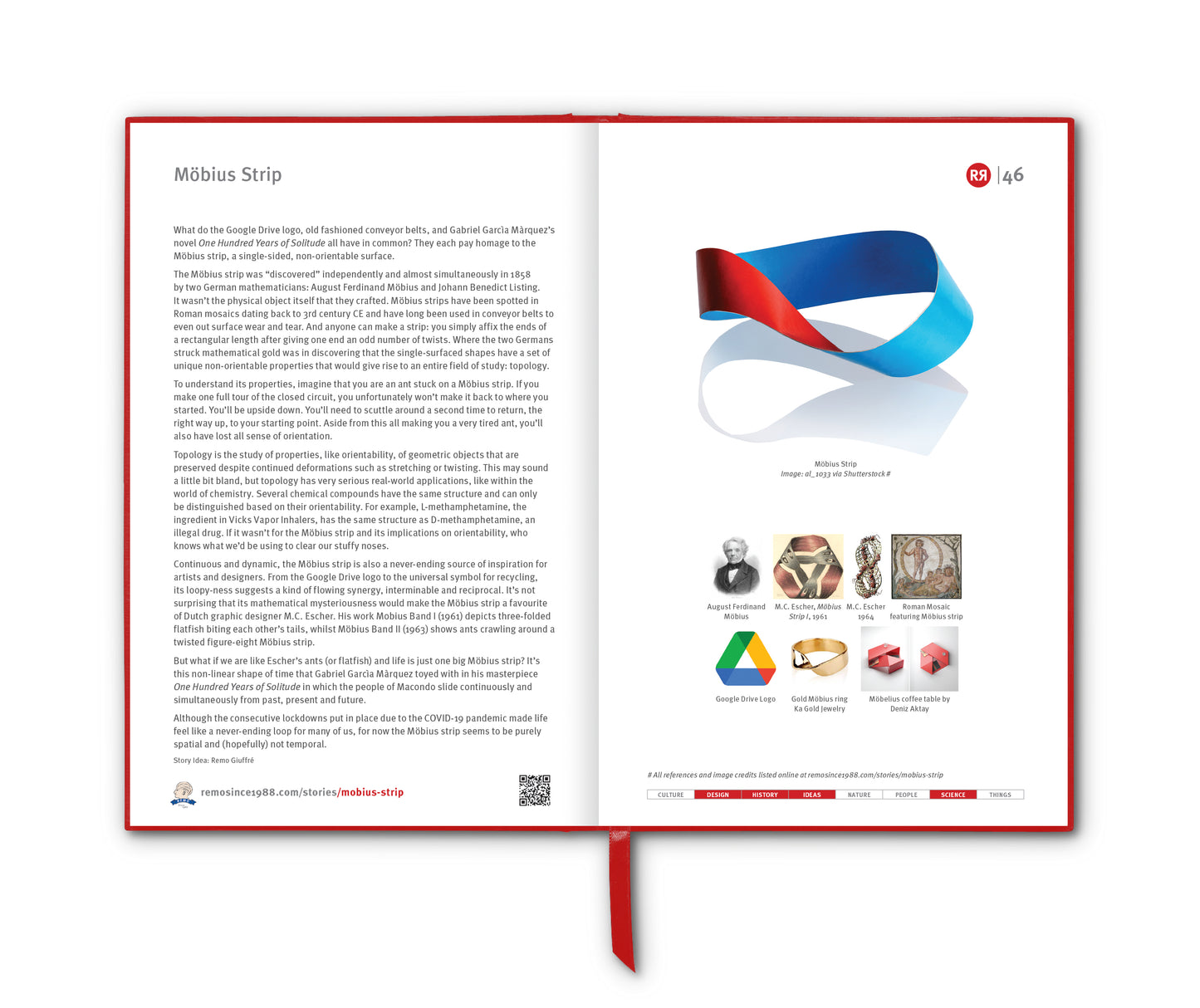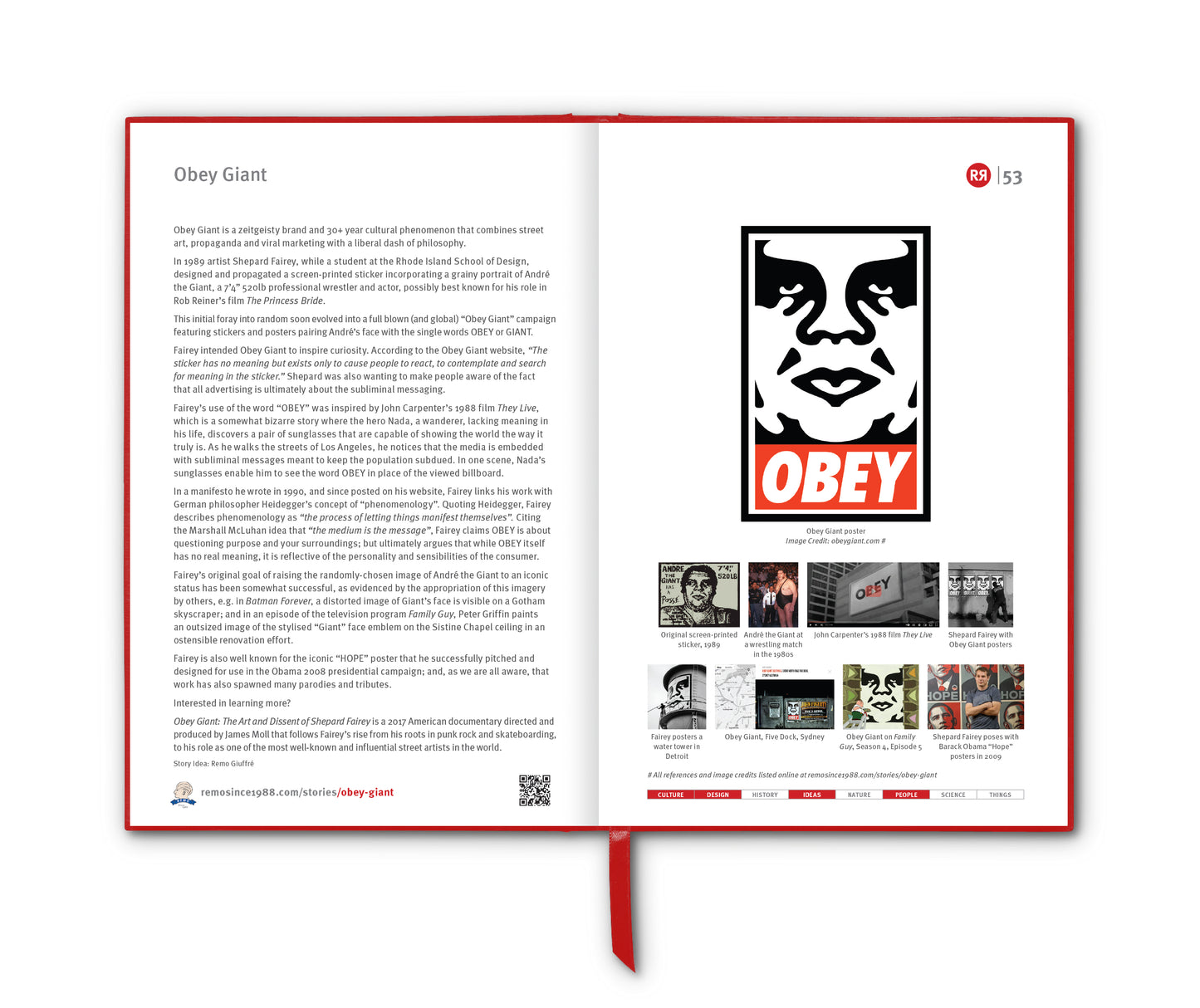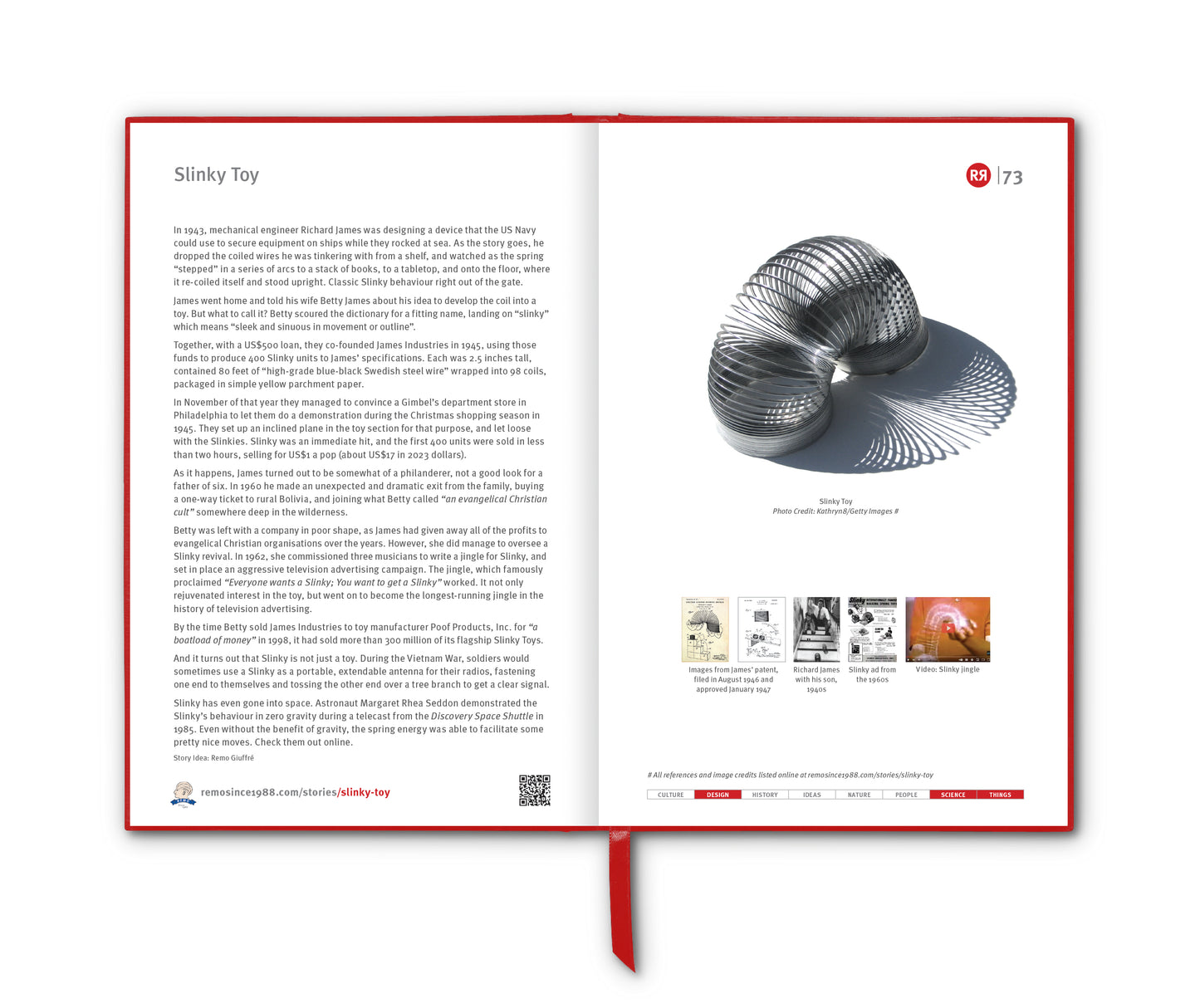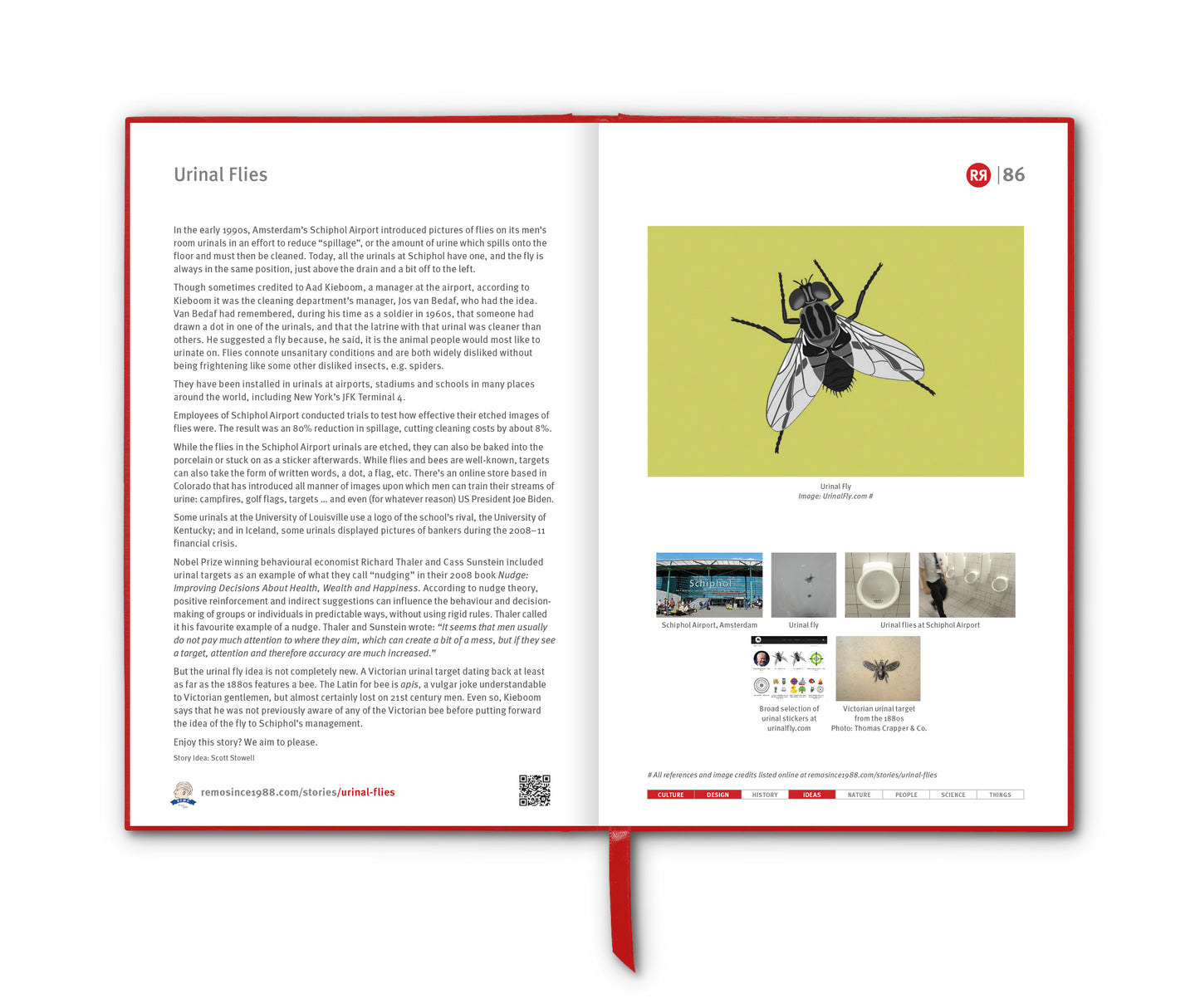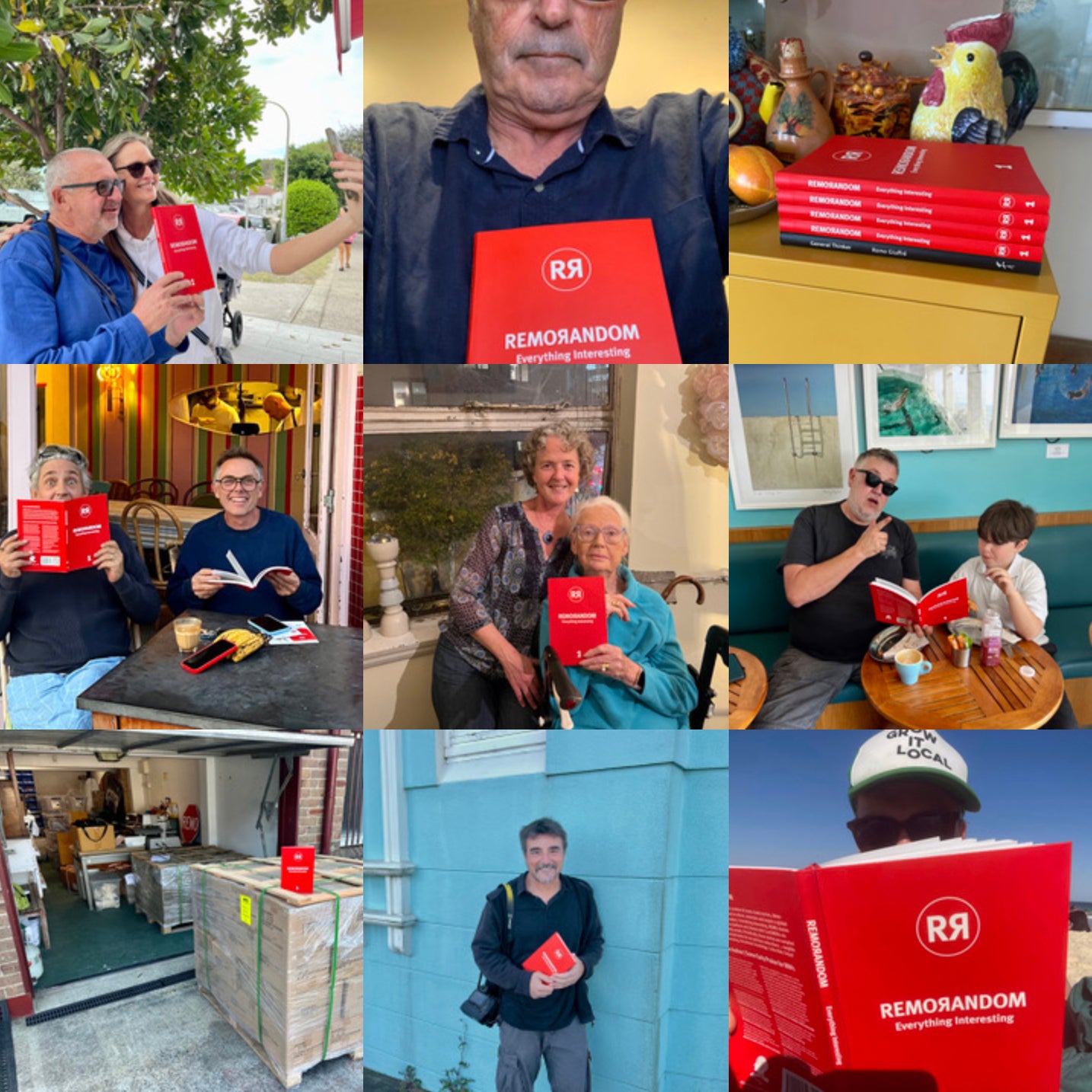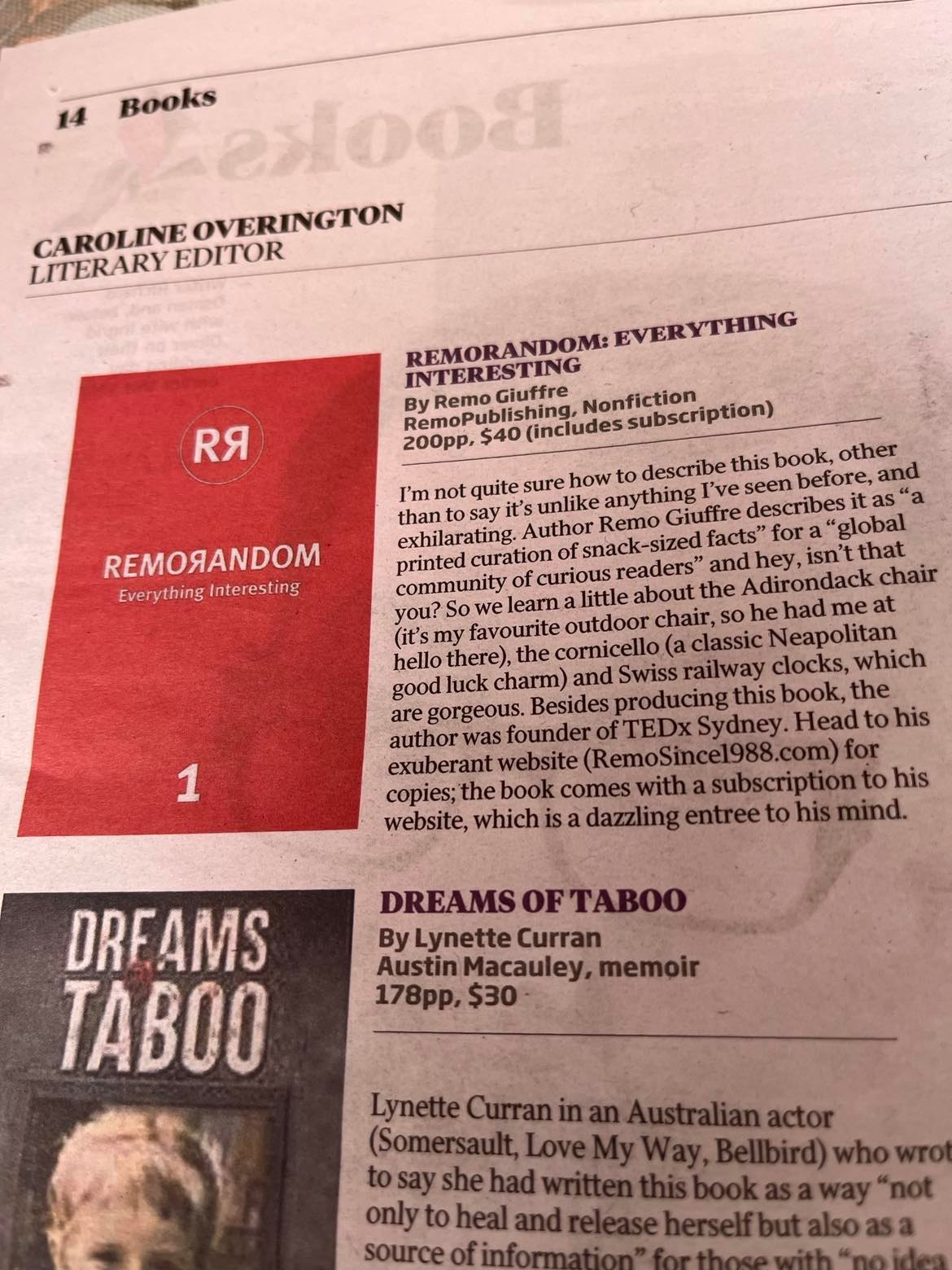Etymology is the study of the origin and history of words and their meanings. Here are some etymologies that may surprise or amuse you:
Avocado: Comes from the Aztec word "ahuacatl”, which also means "testicle”, due to its shape. Nice set of avocados above.
Clue: From the Greek "klew”, meaning "ball of thread”, which Theseus used to navigate the Labyrinth.
Deadline: Usage dates back to the 1860s and the American Civil War. A dead line originally referred to a line that if a prisoner crossed, they would be shot.
Decimate: Originally meant to kill one in every ten soldiers as a form of punishment in the Roman army.
Dunce: Originated from the name John Duns Scotus, a Scottish scholar who was once considered a brilliant thinker but later fell out of favour. His followers were called "Duns men".
Grog: Refers to a mixture of water and rum that British Admiral Edward Vernon introduced to the sailors in the Royal Navy. The admiral was known as "Old Grogram" because of his habitual coat made of grogram fabric, and the drink was named after him.
Jumbo: This fun word describing something “very large” was actually popularised by a 19th-century African elephant in the London Zoo named — you guessed it — “Jumbo”. Jumbo was quite large (he weighed over six tonnes) and was showcased in circuses for his impressive size, so his name still lives on today to honour all things gigantic.
Malaria: From the Italian words "mala aria," meaning "bad air," reflecting the once-held belief that the disease was caused by foul air in marshy areas.
Maverick: Originated from the name of Samuel A. Maverick, a Texas rancher who did not brand his cattle, leading to the term "maverick" meaning an independent or unbranded individual.
Muscle: Comes from the Latin word "musculus”, meaning "little mouse”. The Romans thought that the movement of muscles looked like mice moving under the skin.
Pumpernickel: A type of dark bread comes from the German words "pumpern" (to fart) and "nickel" (goblin), supposedly referring to the bread's reputation for causing flatulence. [Ed: Fart Goblin anyone?]
Quarantine: From the Italian "quaranta giorni”, meaning "forty days”, the period ships were required to anchor in port before passengers and crew could go ashore during the Black Death.
Robot: Coined by Czech writer Karel Čapek in his 1920 play "R.U.R." … derived from the Czech word "robota”, meaning "forced labour”.
Sabotage: From the French word "sabot”, meaning "wooden shoe”. During labor strikes in the 19th century, disgruntled workers would throw their wooden shoes into machinery to stop production.
Sandwich: Named after John Montagu, the 4th Earl of Sandwich, who ordered his meat to be served between two slices of bread so he could continue gambling without using utensils.
Sideburns: Named after Ambrose Burnside, a 19th-century American military officer known for his distinctive facial hair that extended down the sides of his face.
Tawdry: Originates from "St. Audrey”, a marketplace where cheap lace and other flashy goods were sold. Eventually, "St. Audrey" became "tawdry”, referring to something cheap and showy.
Tragedy: From the Greek words "tragos" (goat) and "oidē" (song), referring to a play about the sacrifice of a goat. [Ed: Hmmm … might stay home for that one.]
Story Idea: Zac Zinn
_________________________
Images
1. Nice set of avocados
2. Theseus obtaining from Ariadne the thread by which he escaped from the labyrinth after slaying the minotaur
3. A portrait of John Duns Scotus by Justus van Gent
4. Admiral Edward Vernon in his grogram coat. Art: Thomas Gainsborough (1727–1788).
5. Jumbo the Elephant carrying tourists at London Zoo in 1882. Credit: BBC.
6. Ad for Maverick Whisky
7. Bell System Flu Quarantine
8. Ambrose Burnside setting a trend
9. Satyr + Goat = Tragedy


















